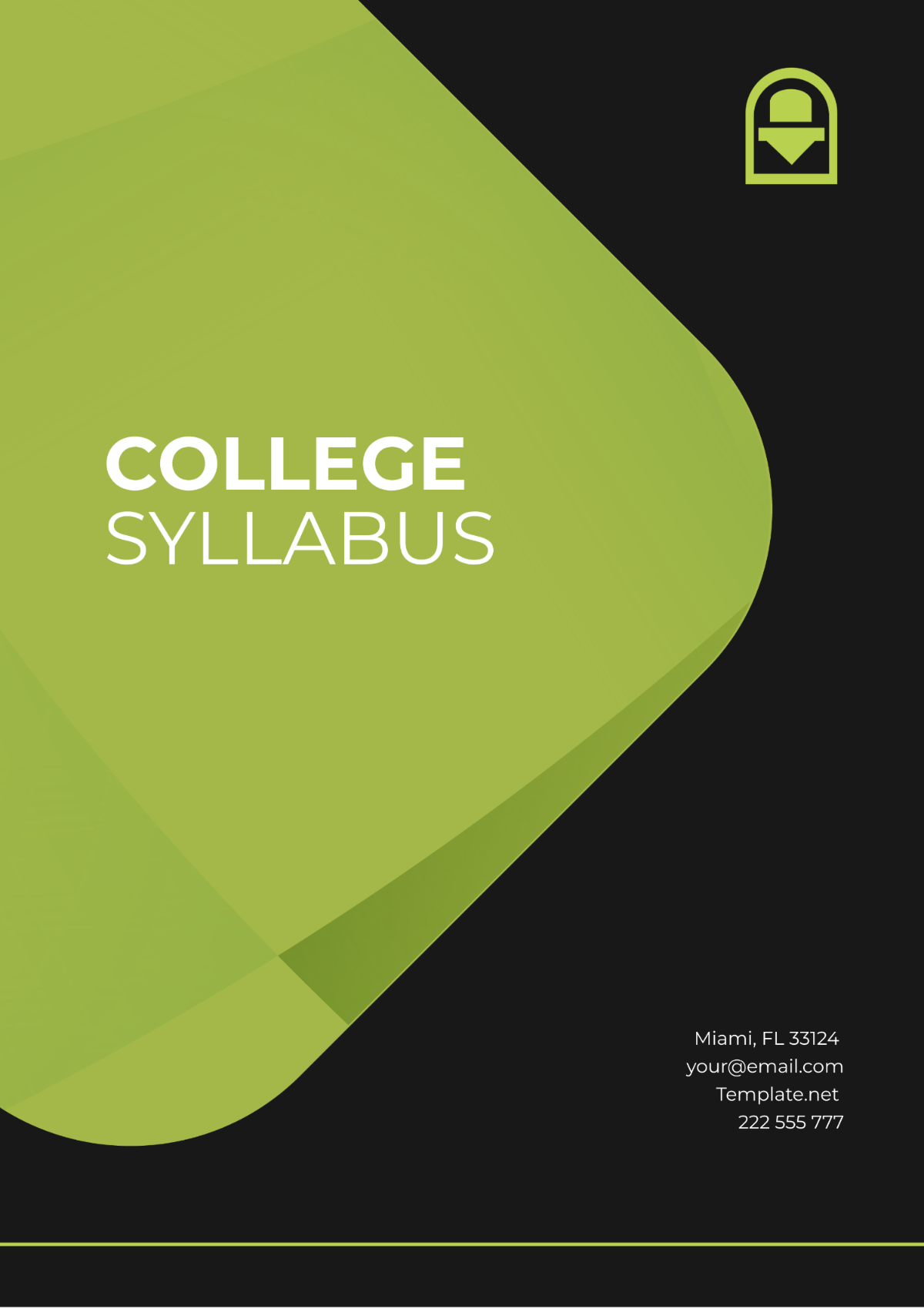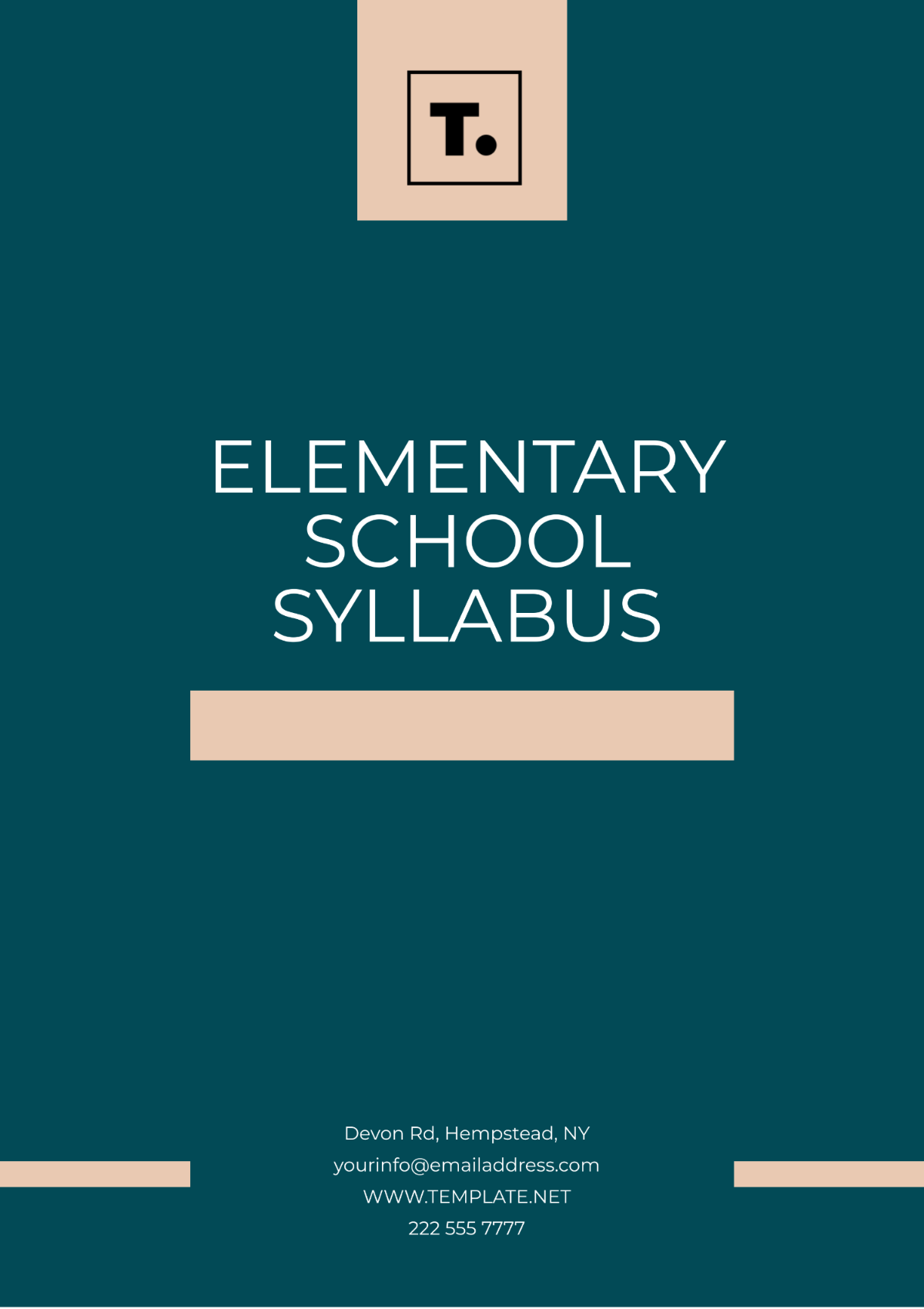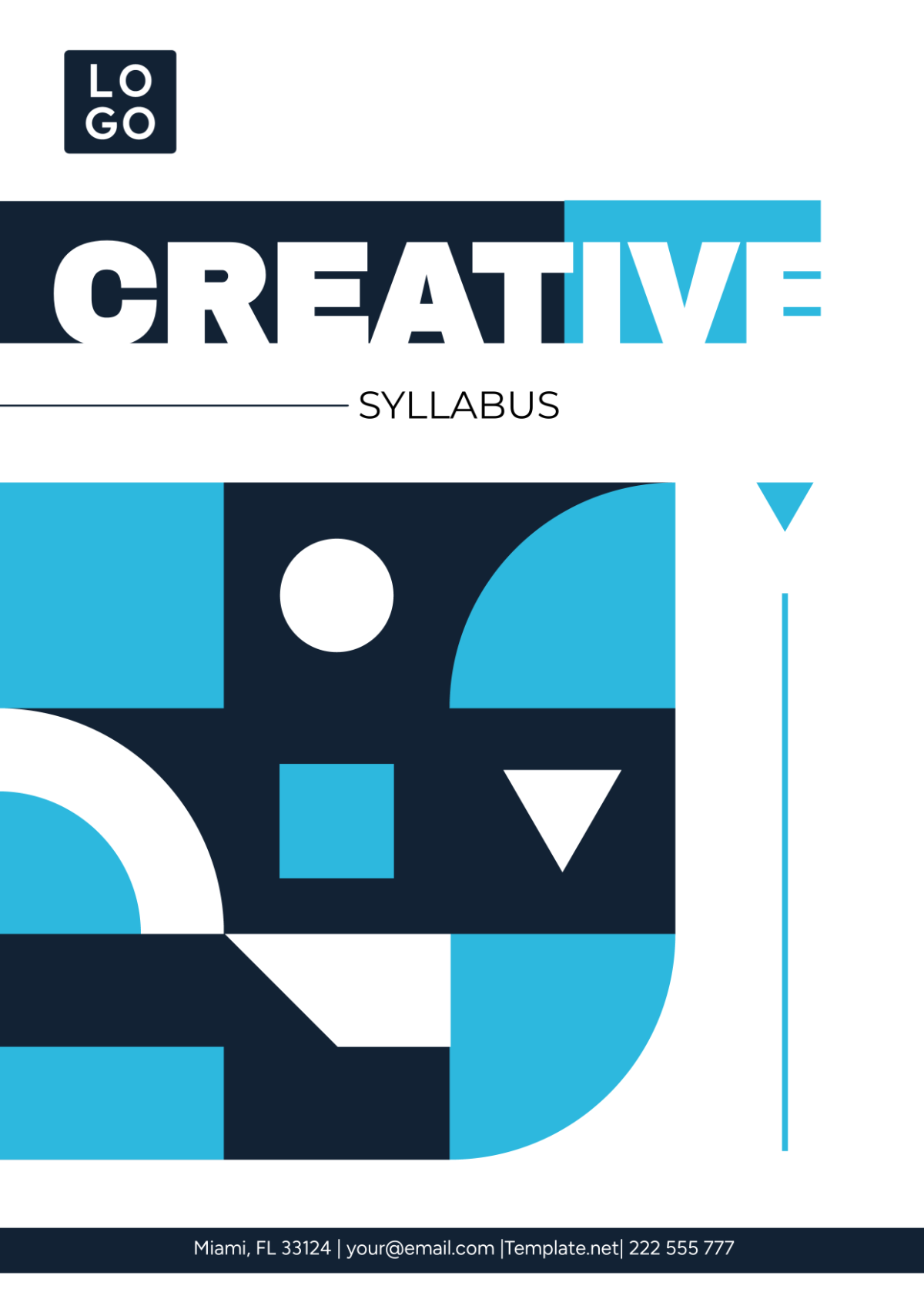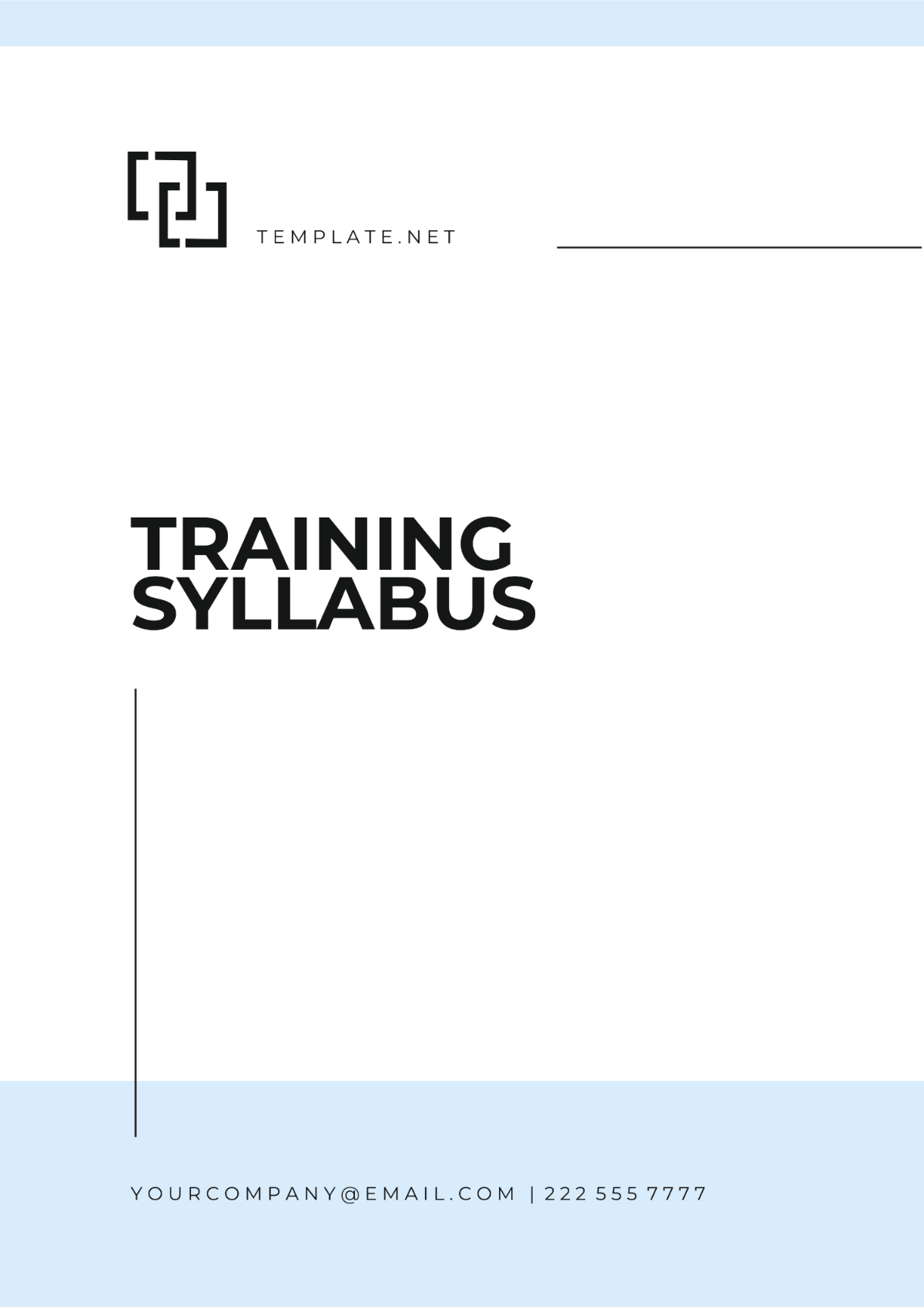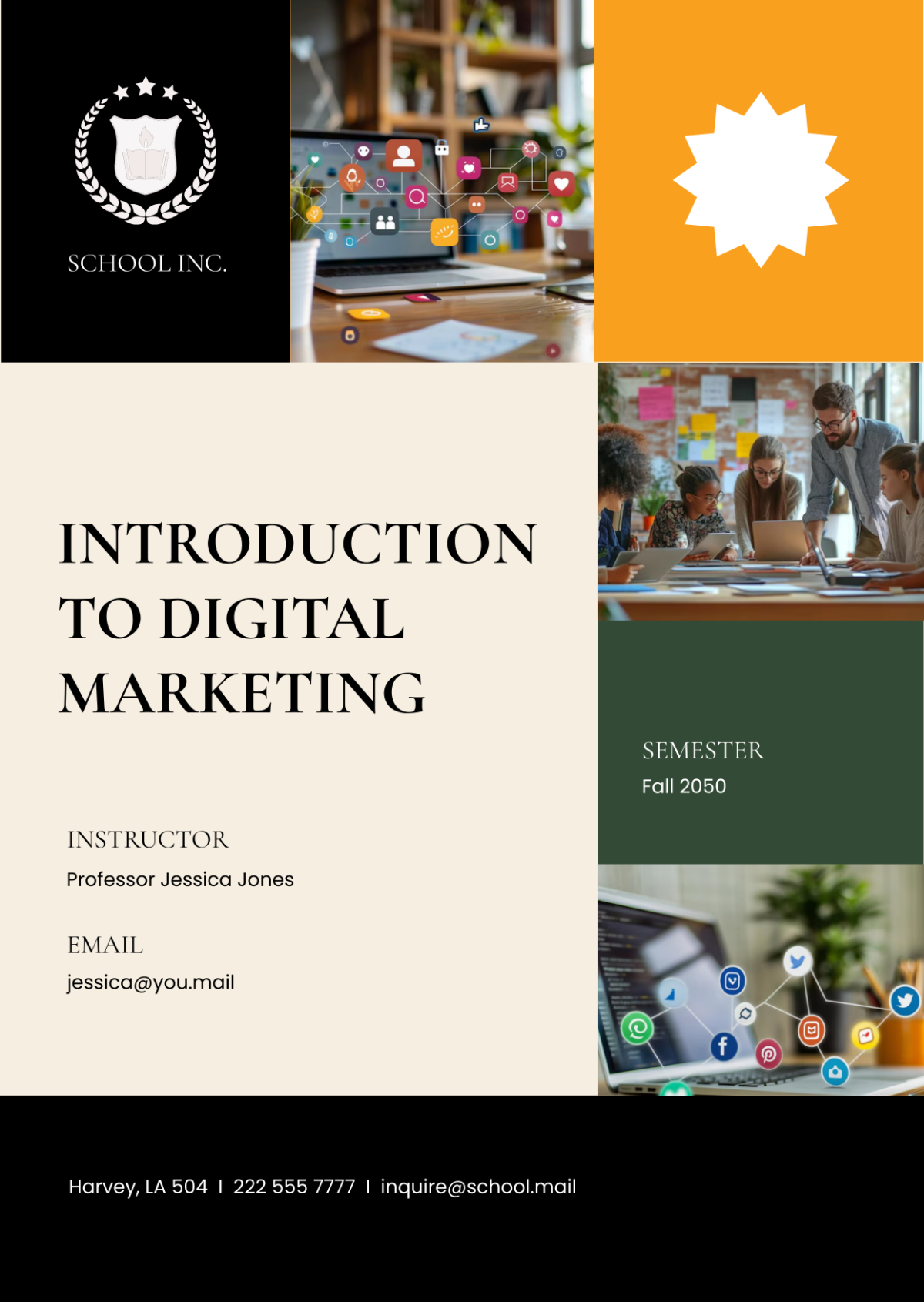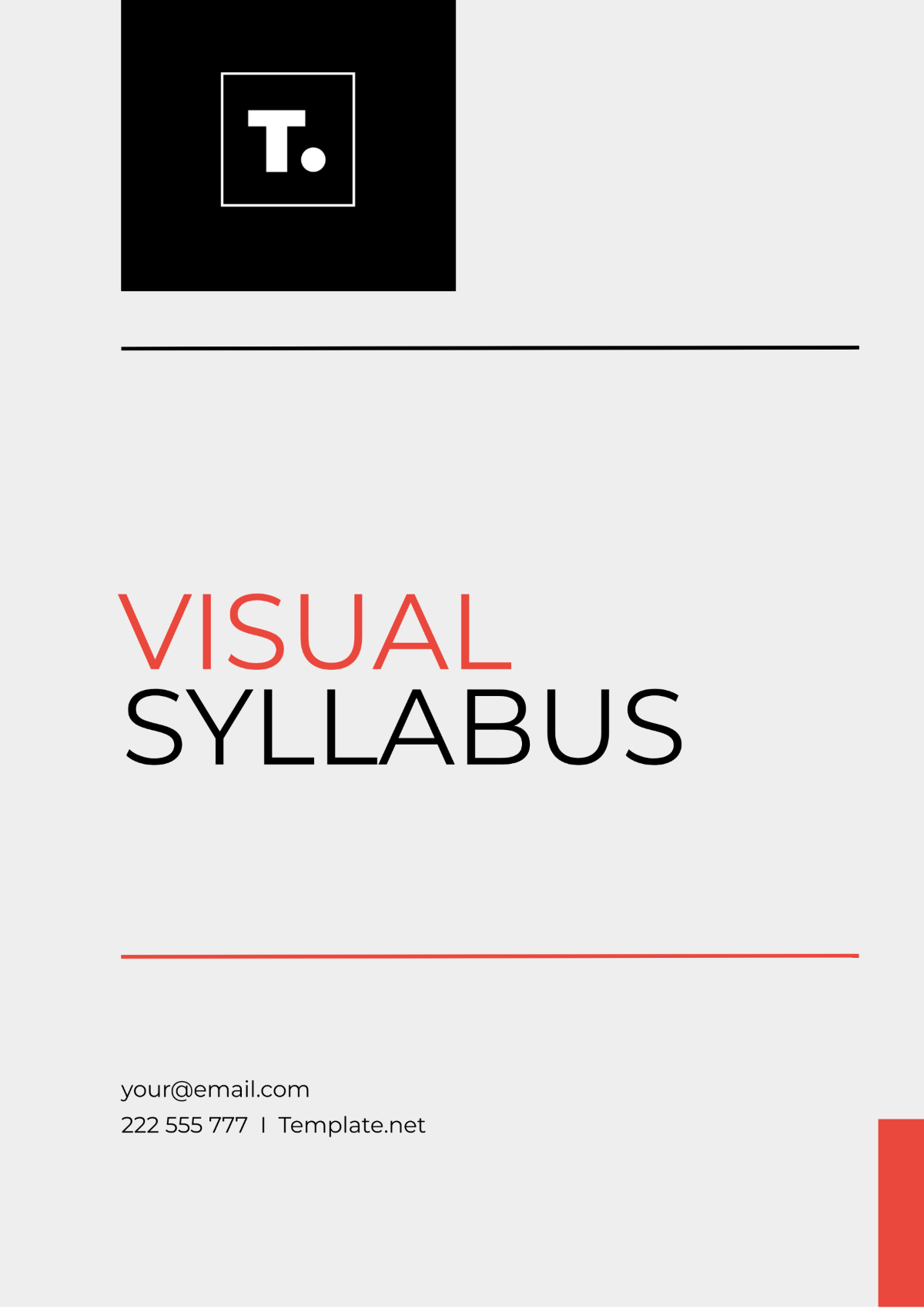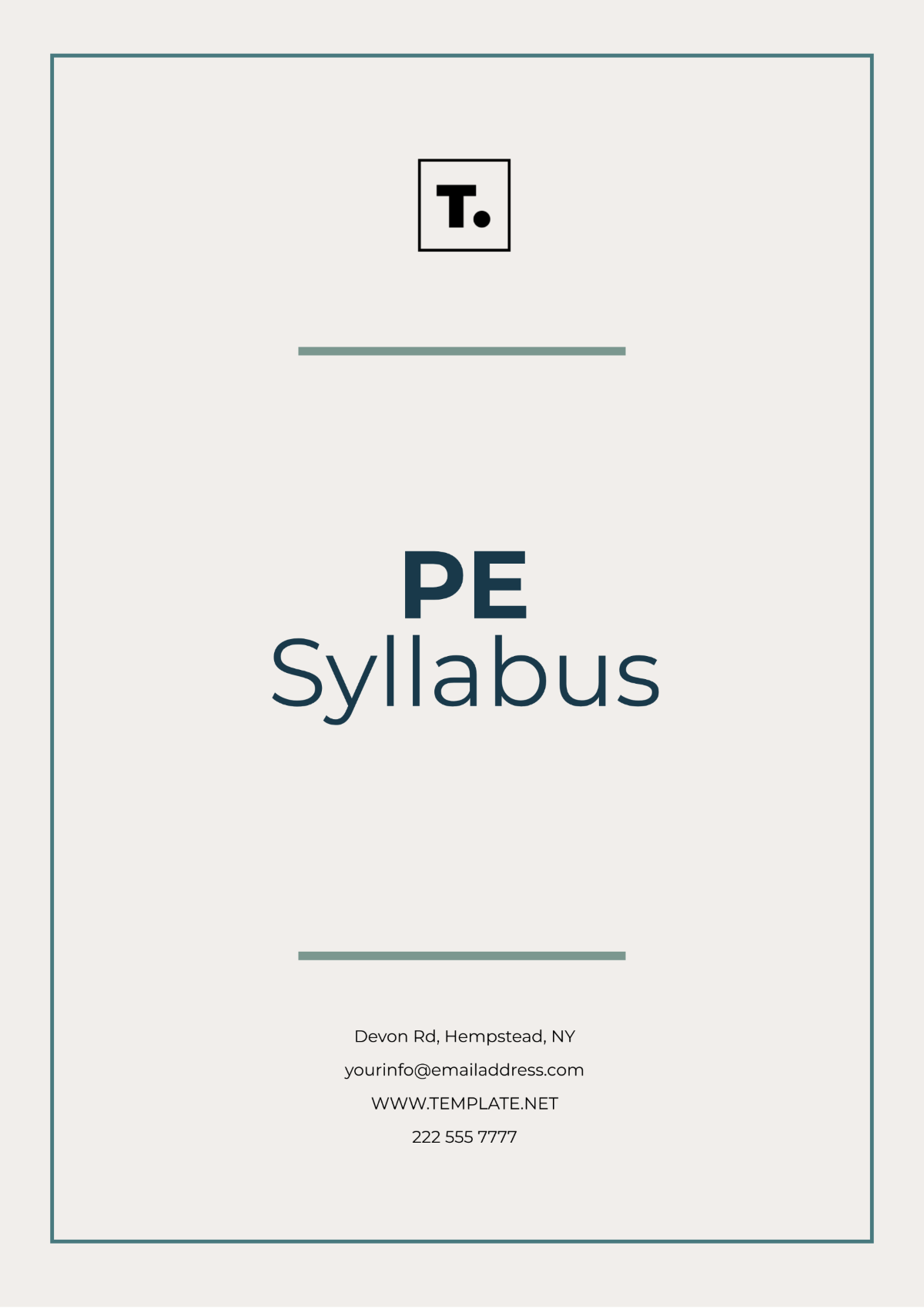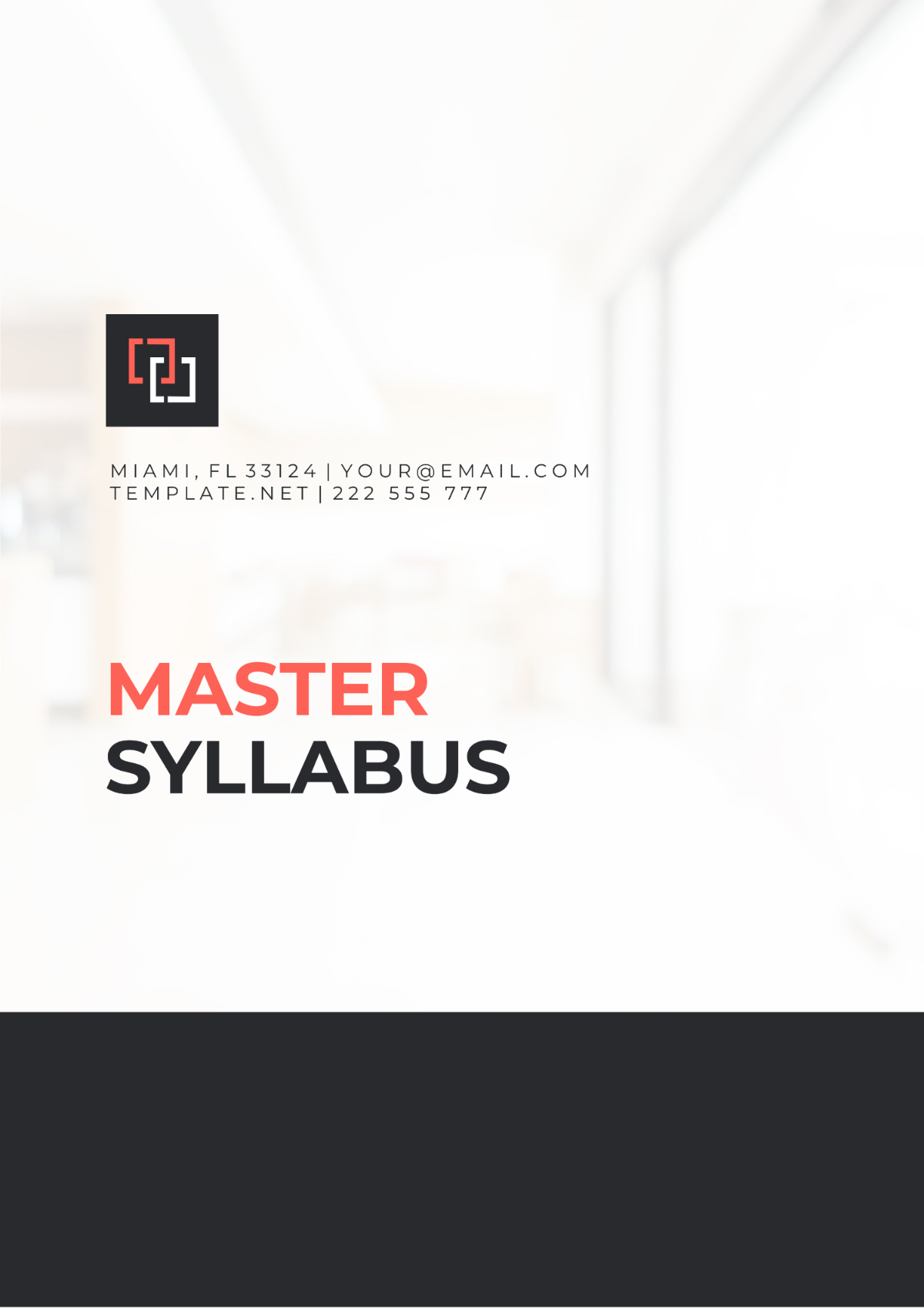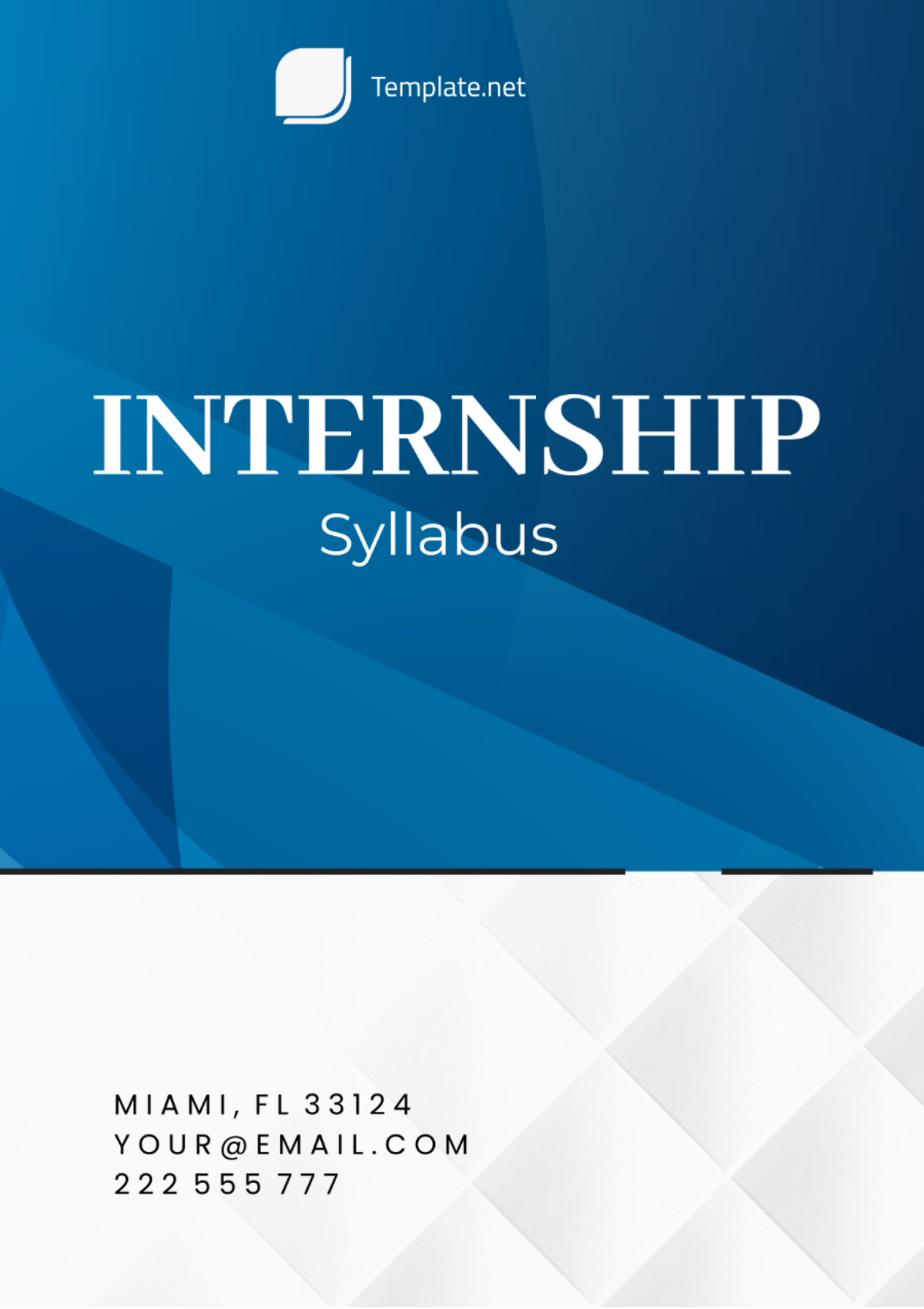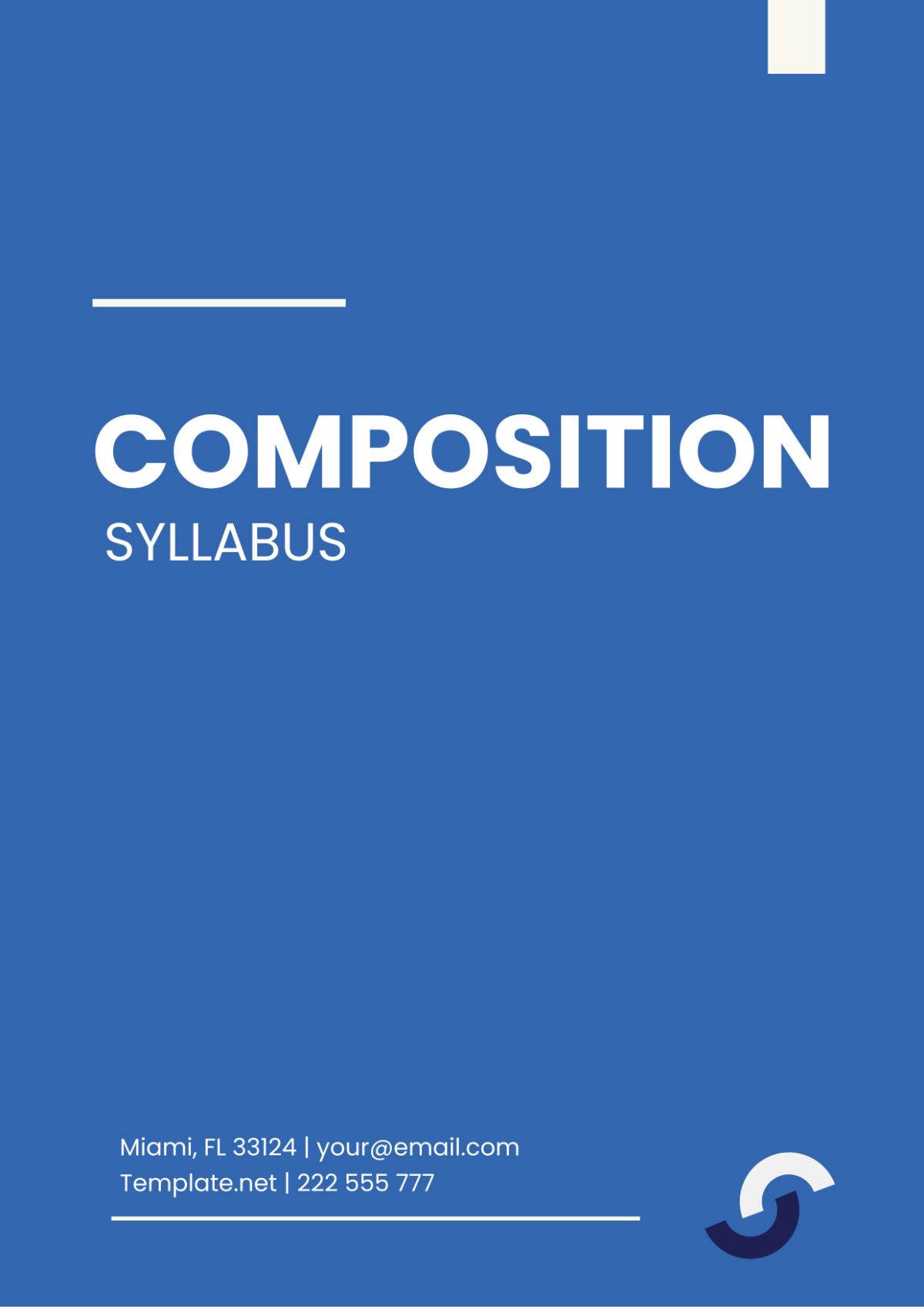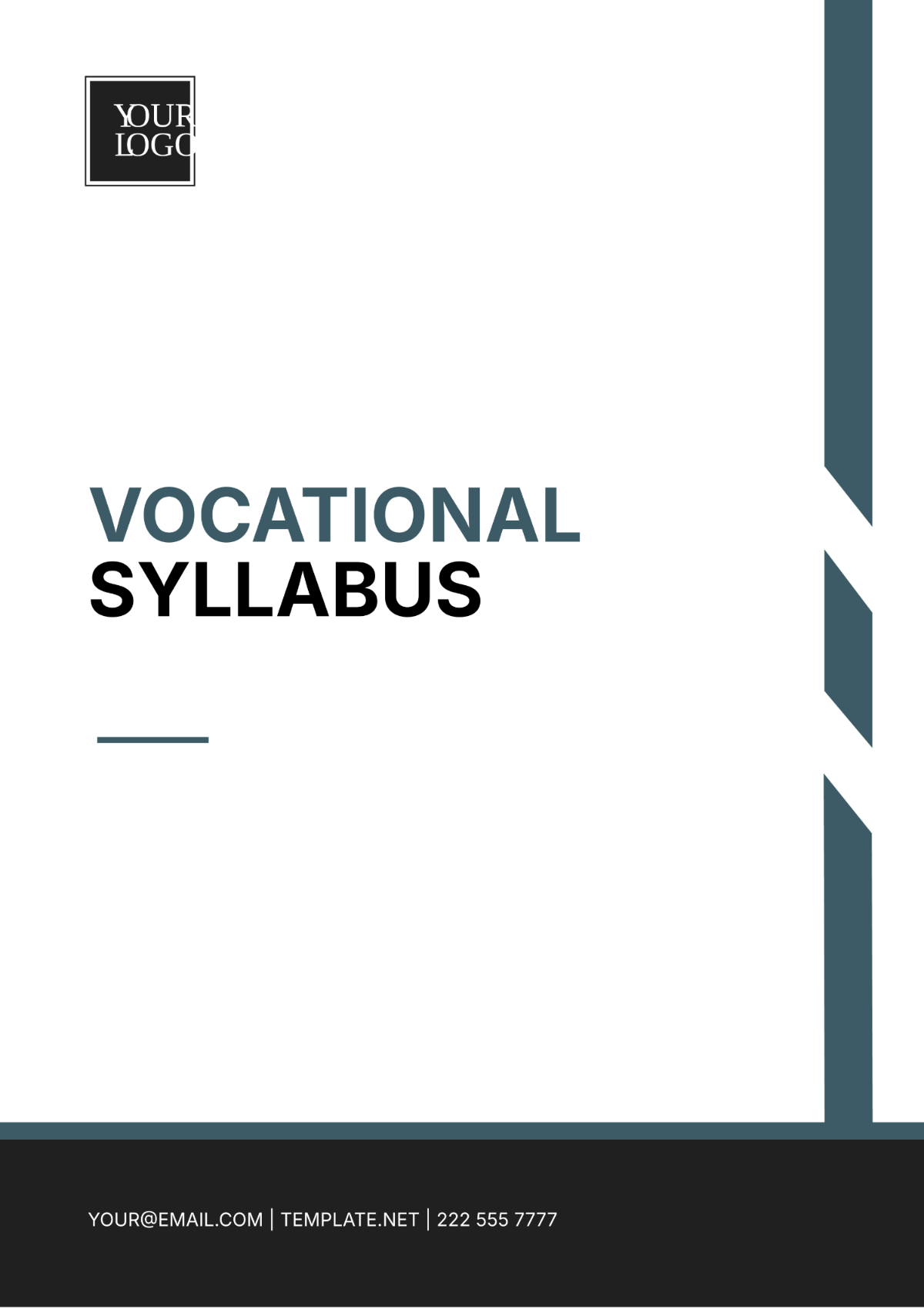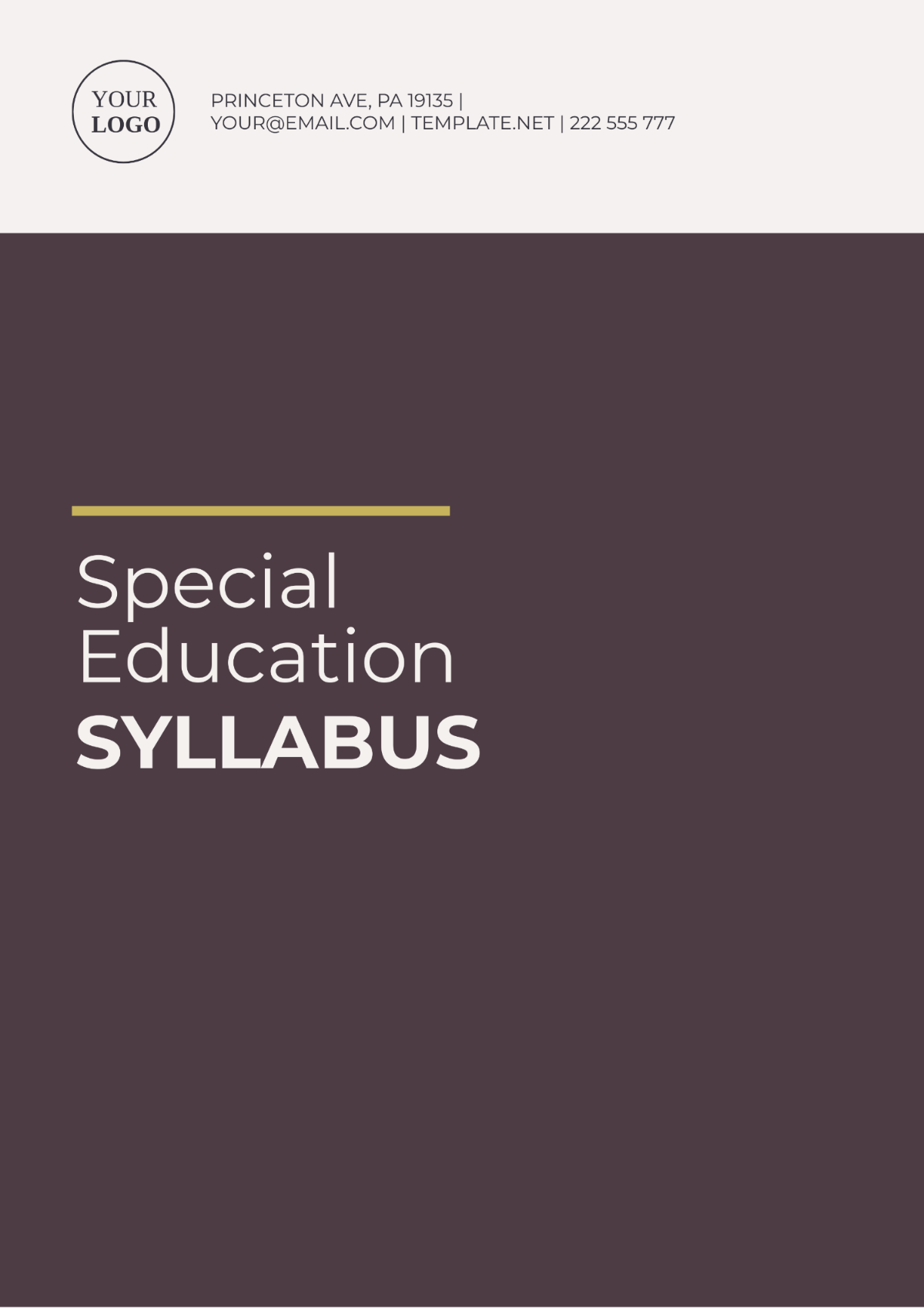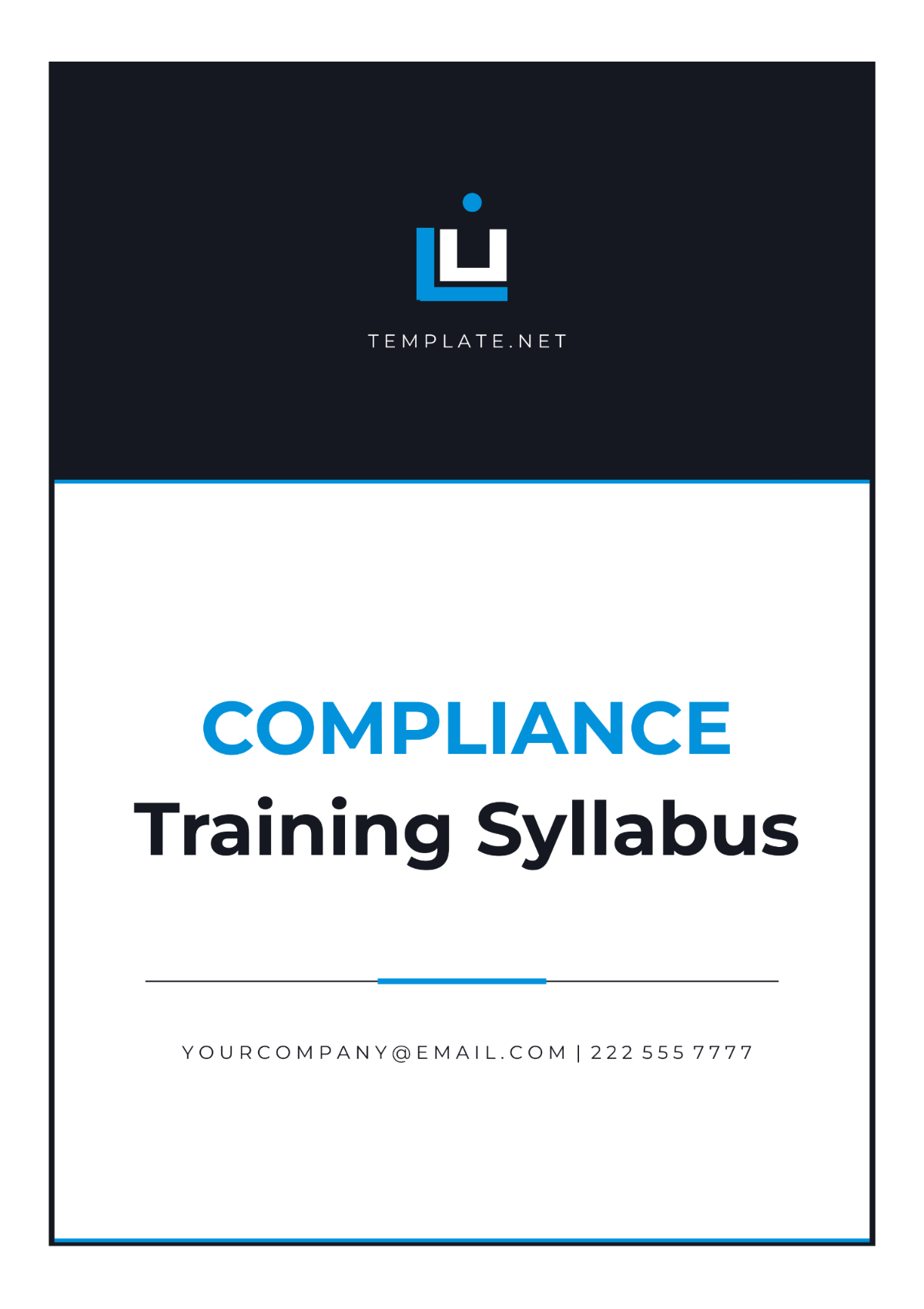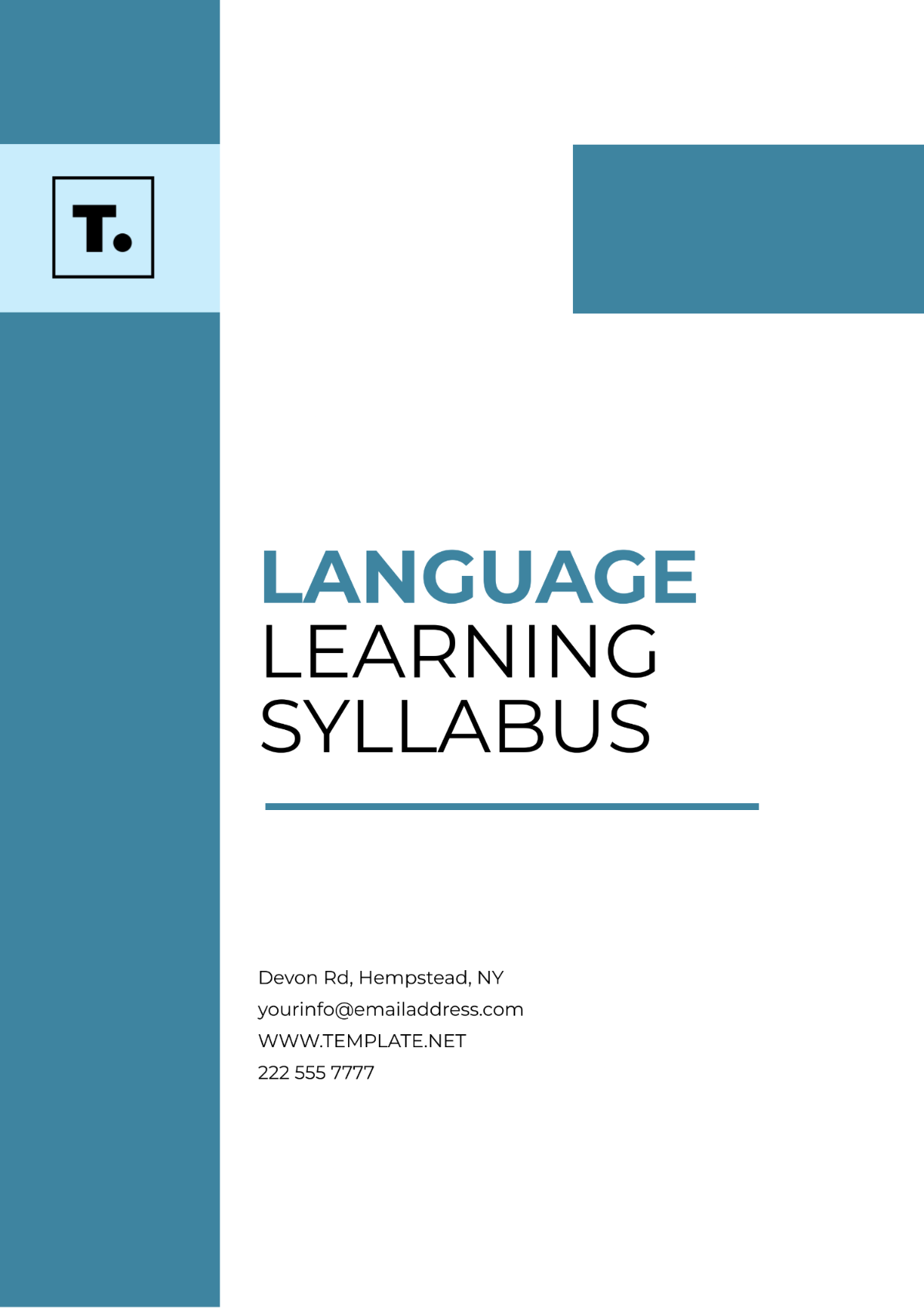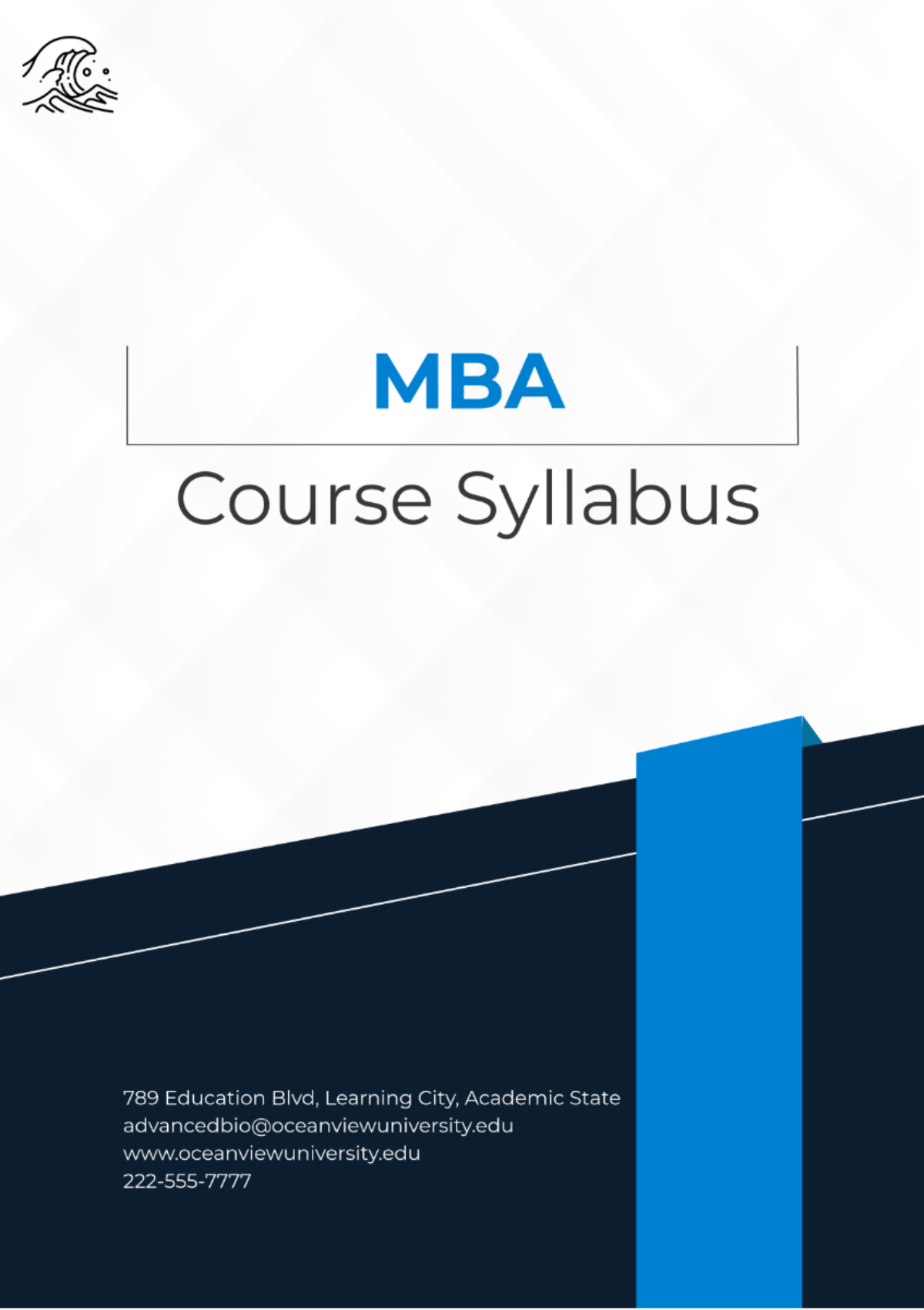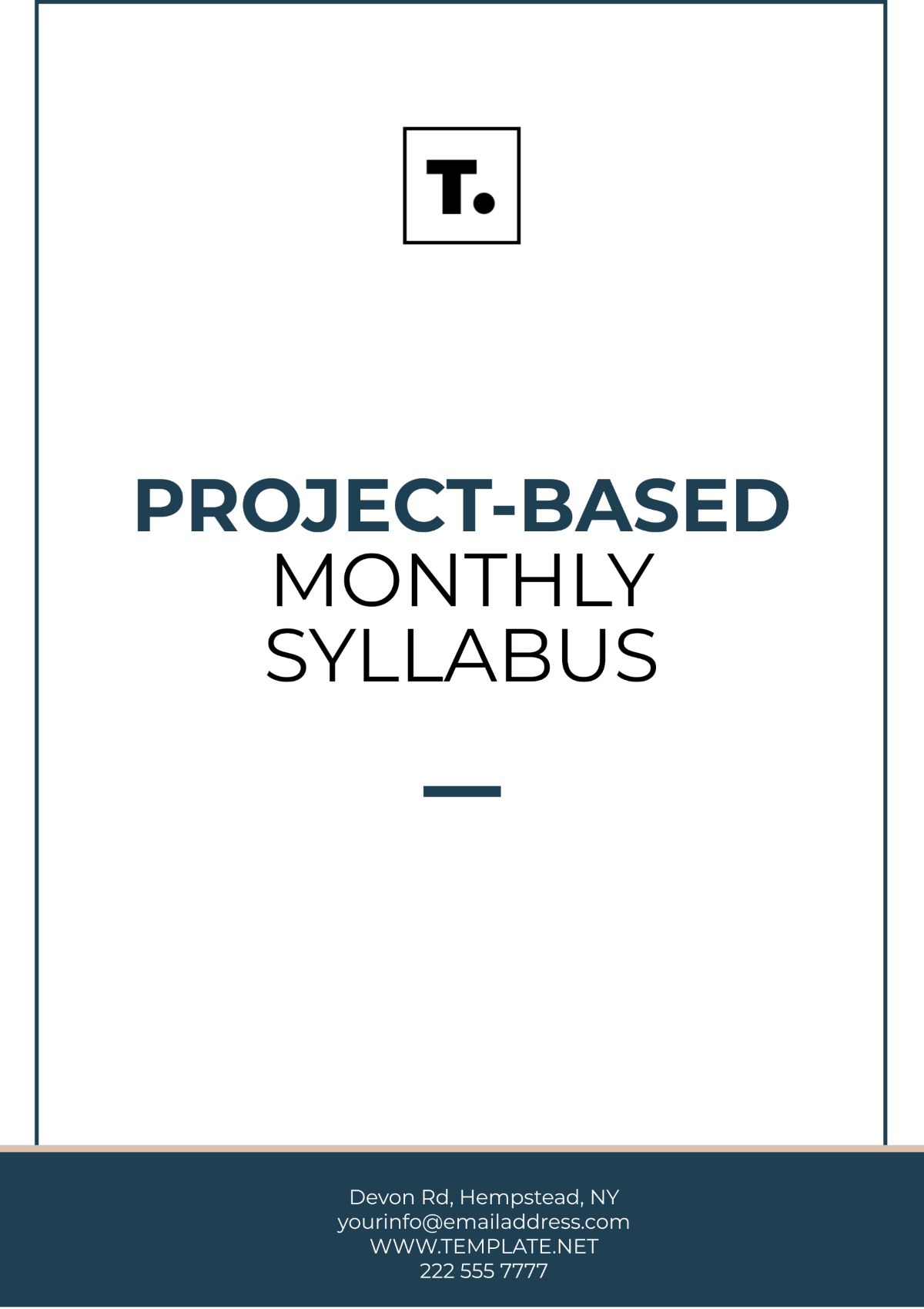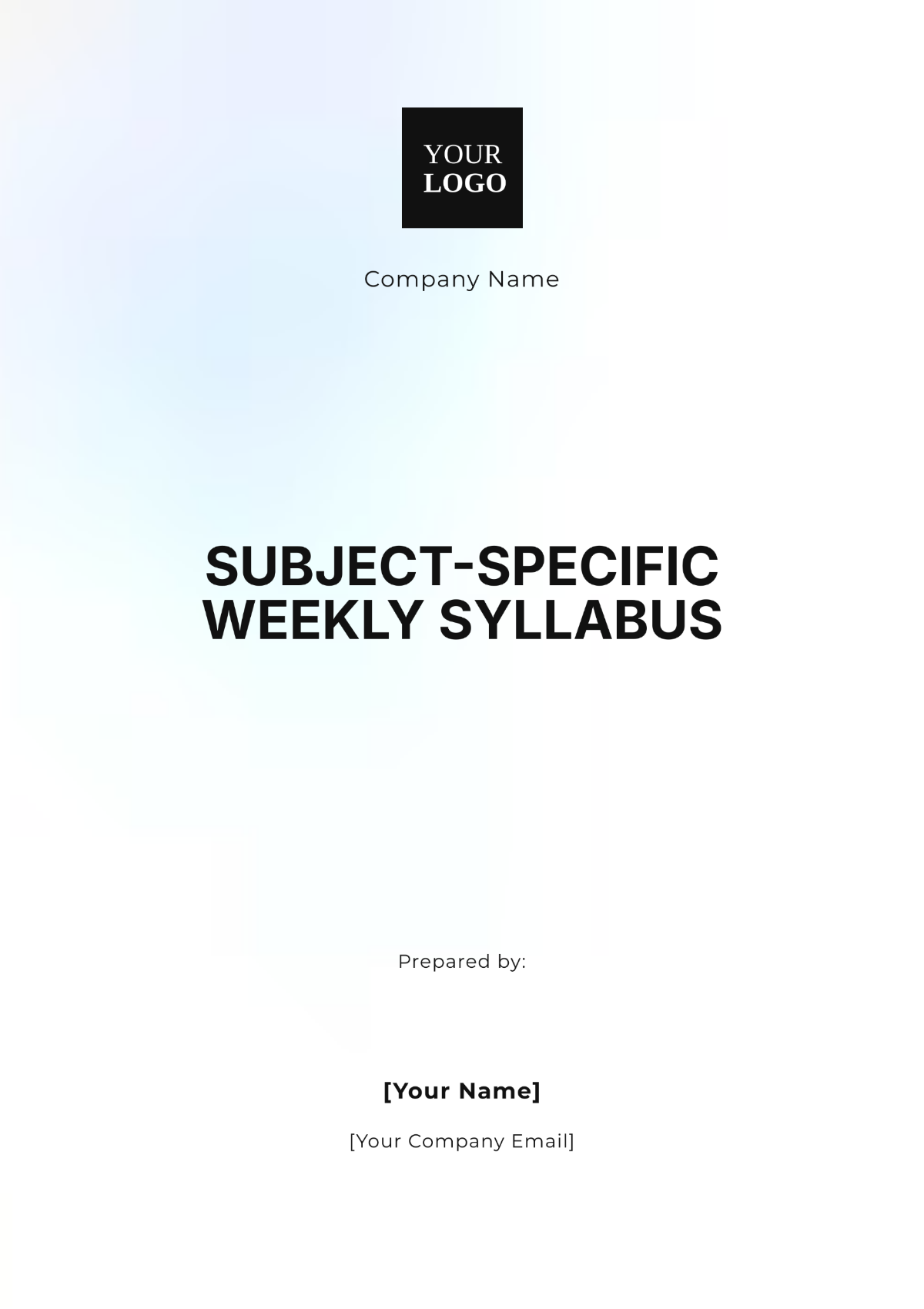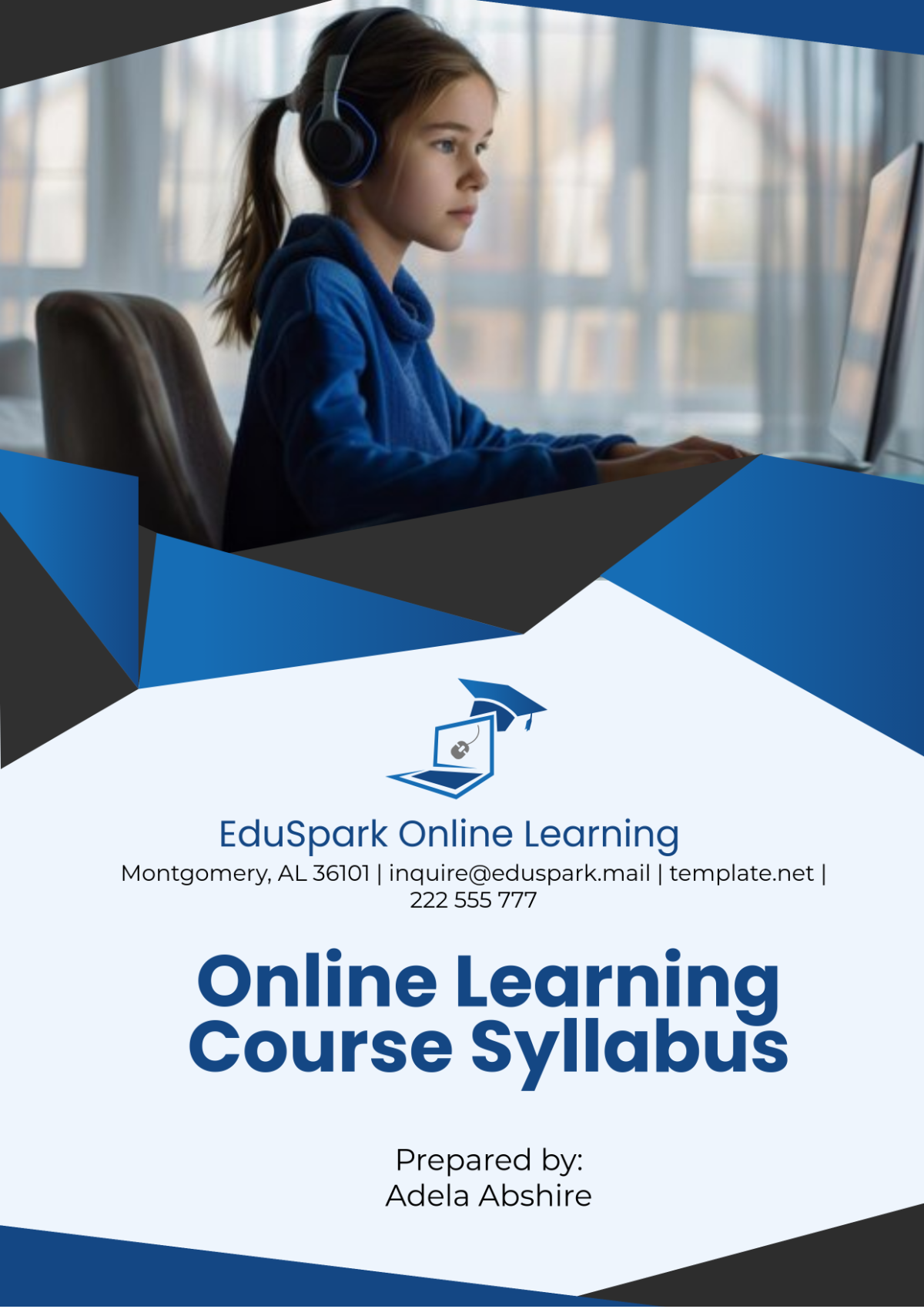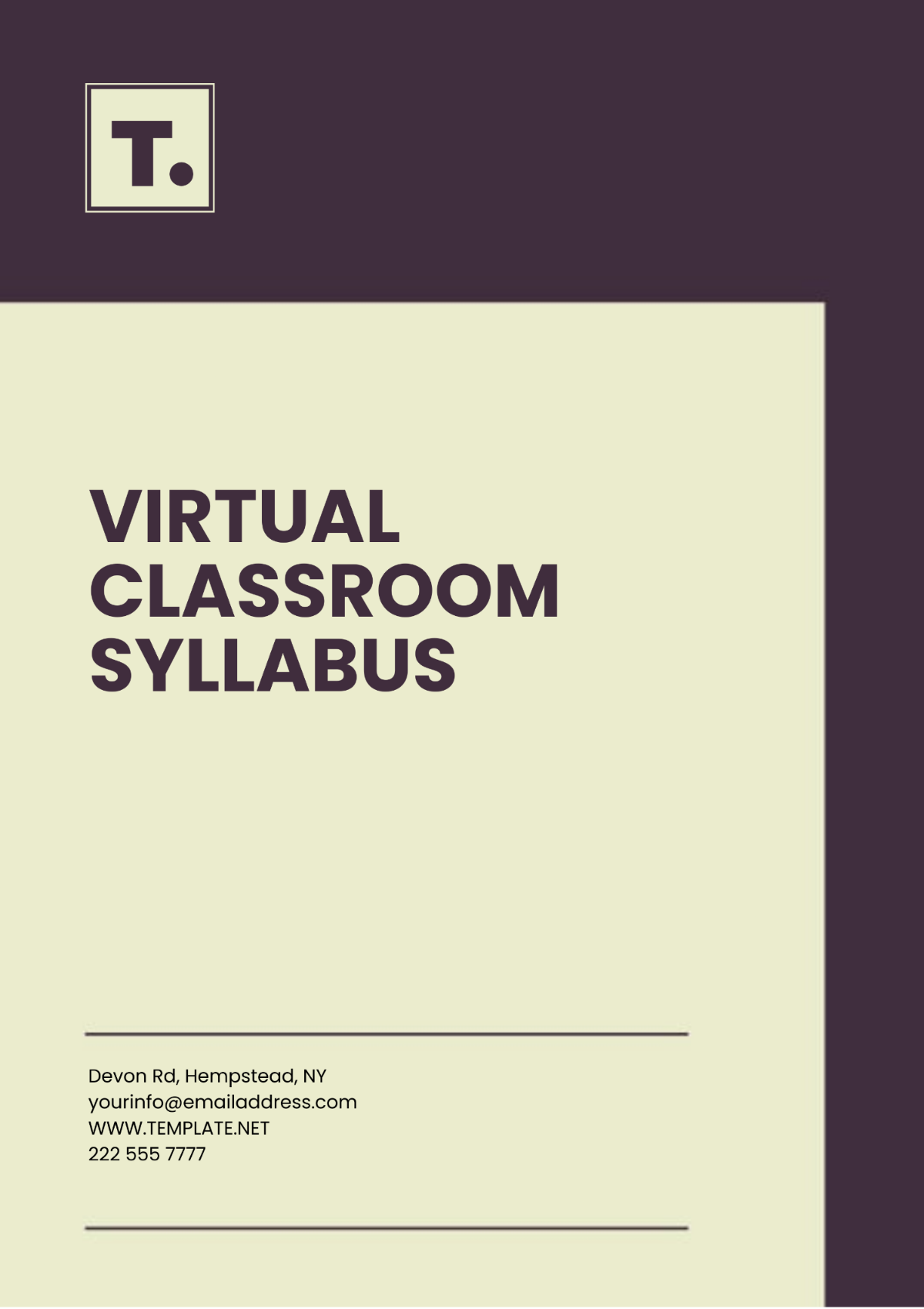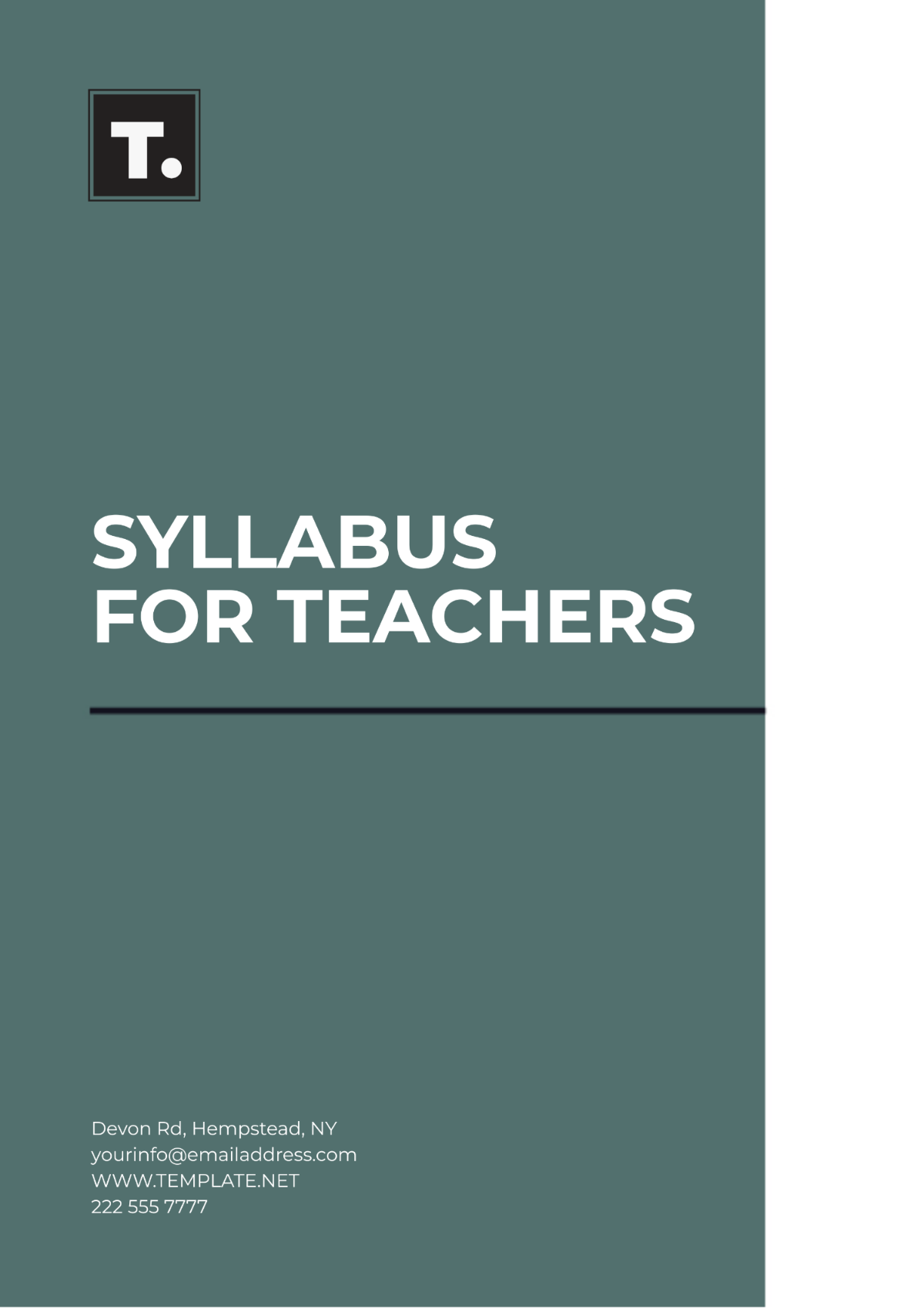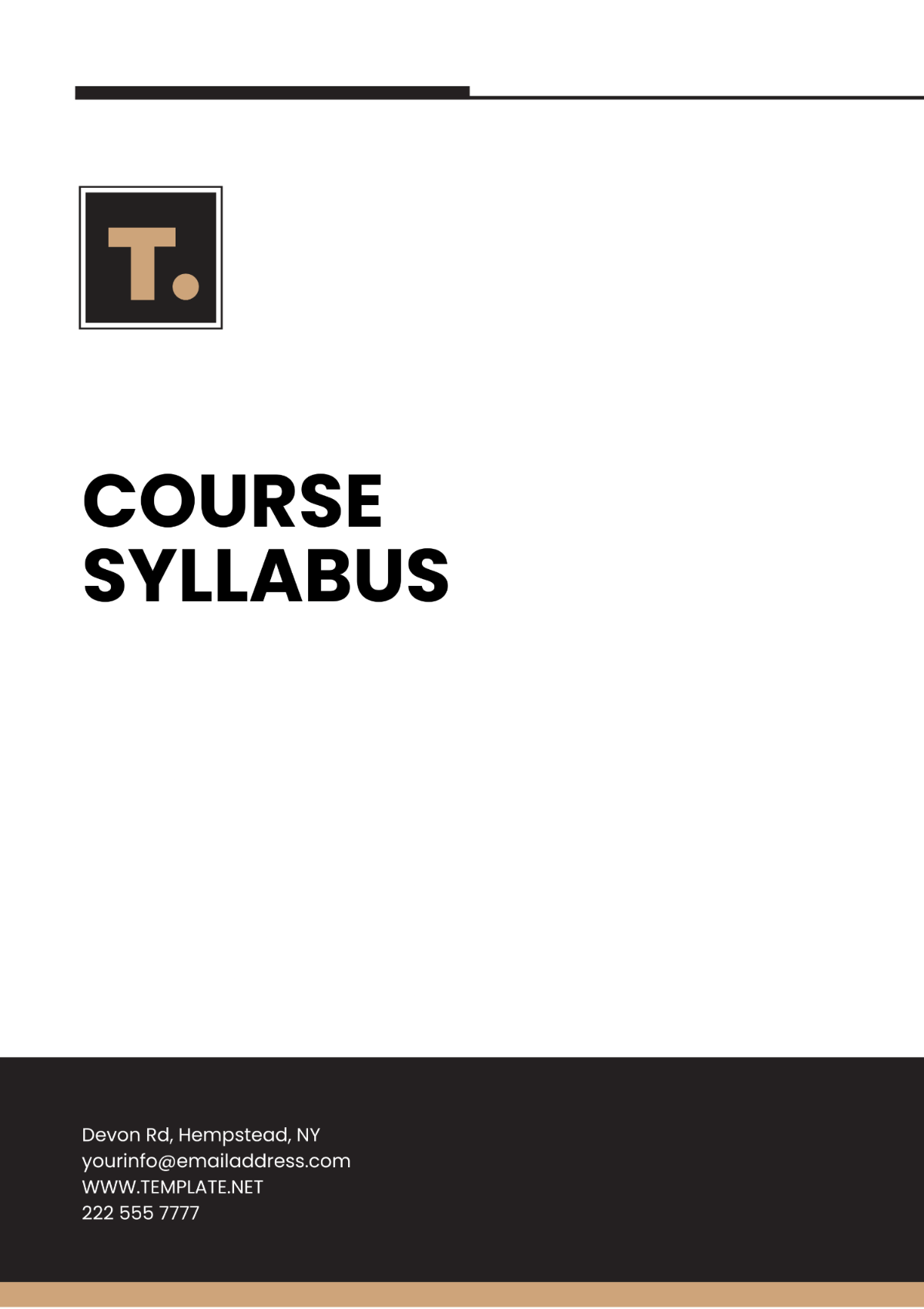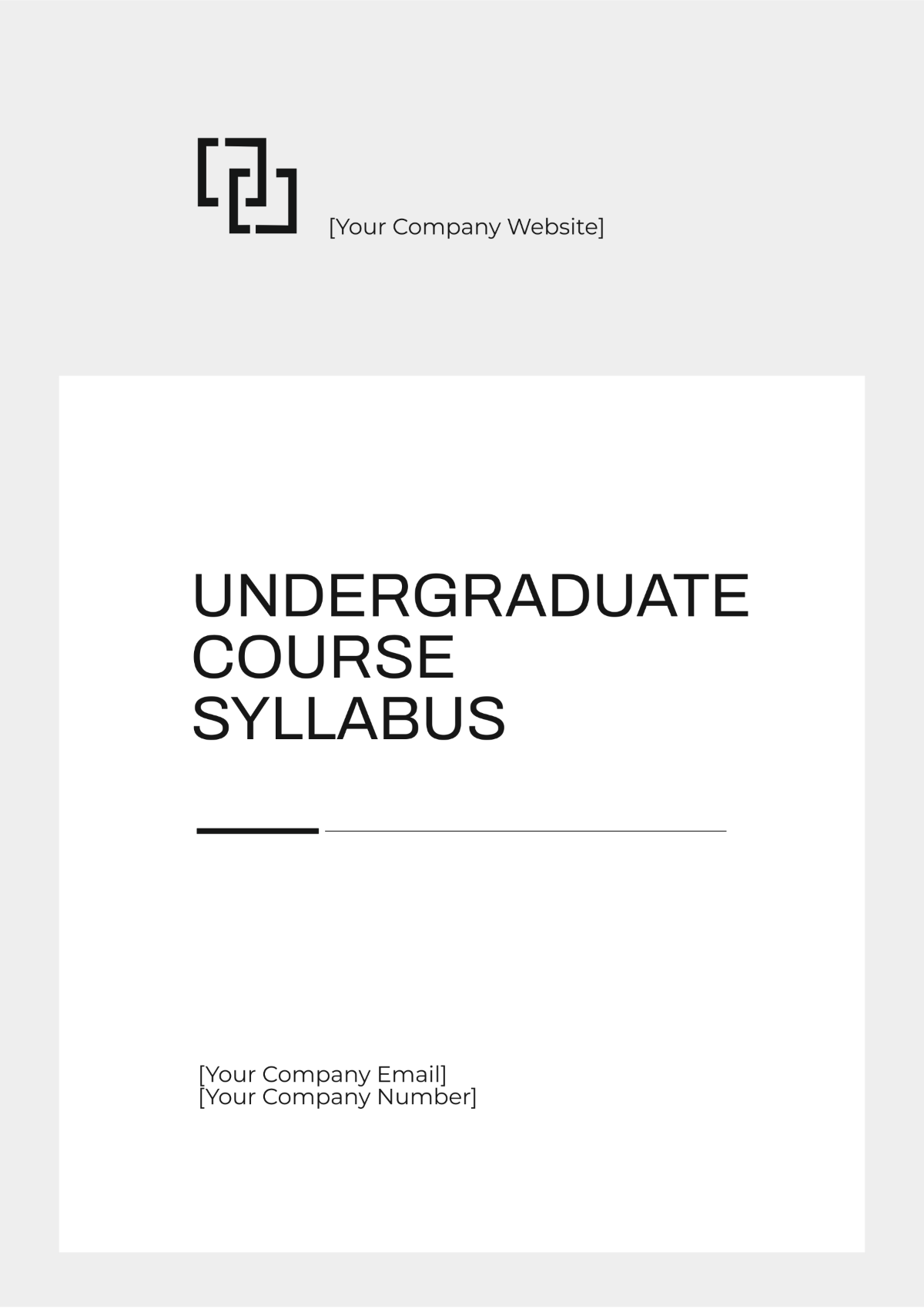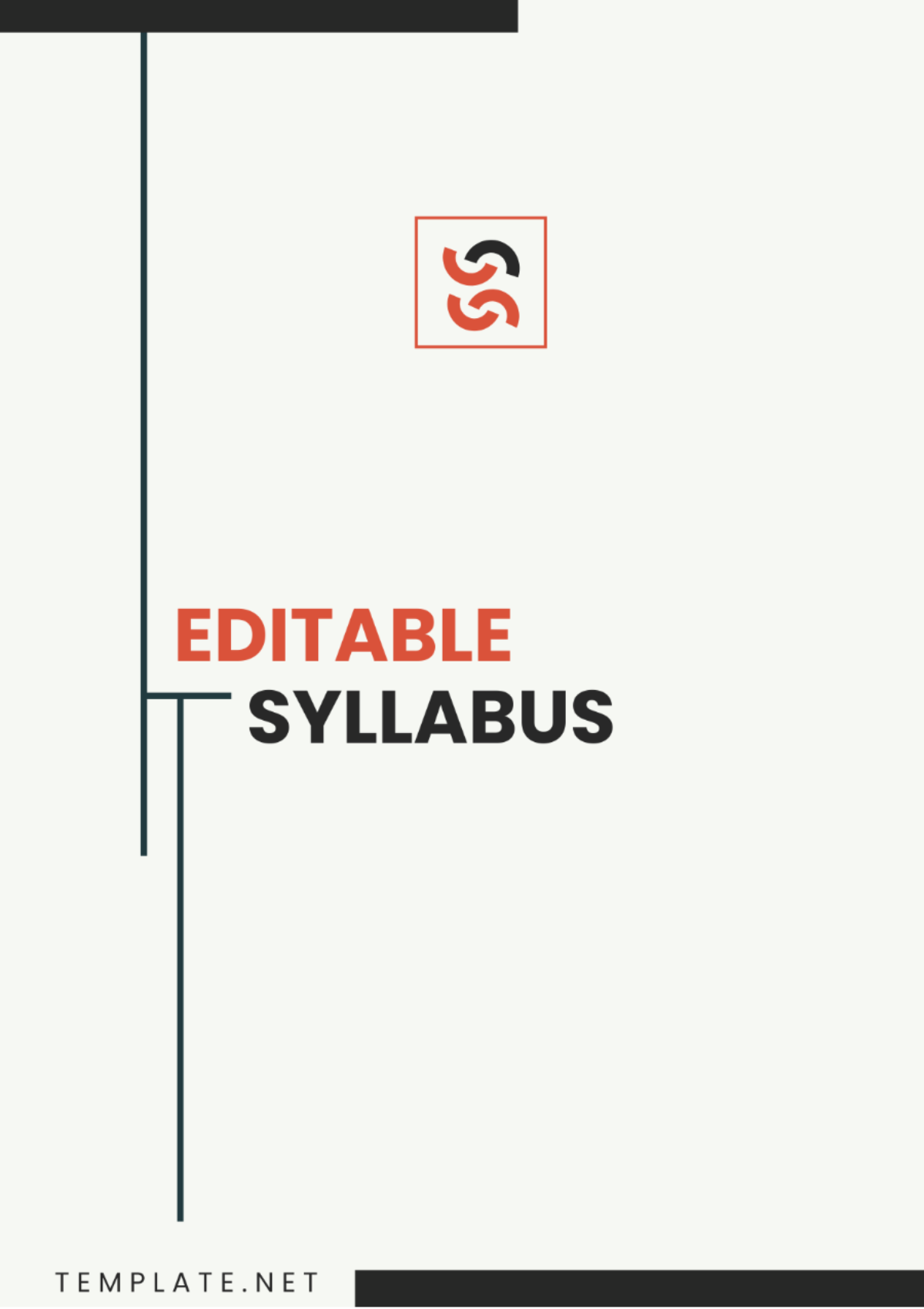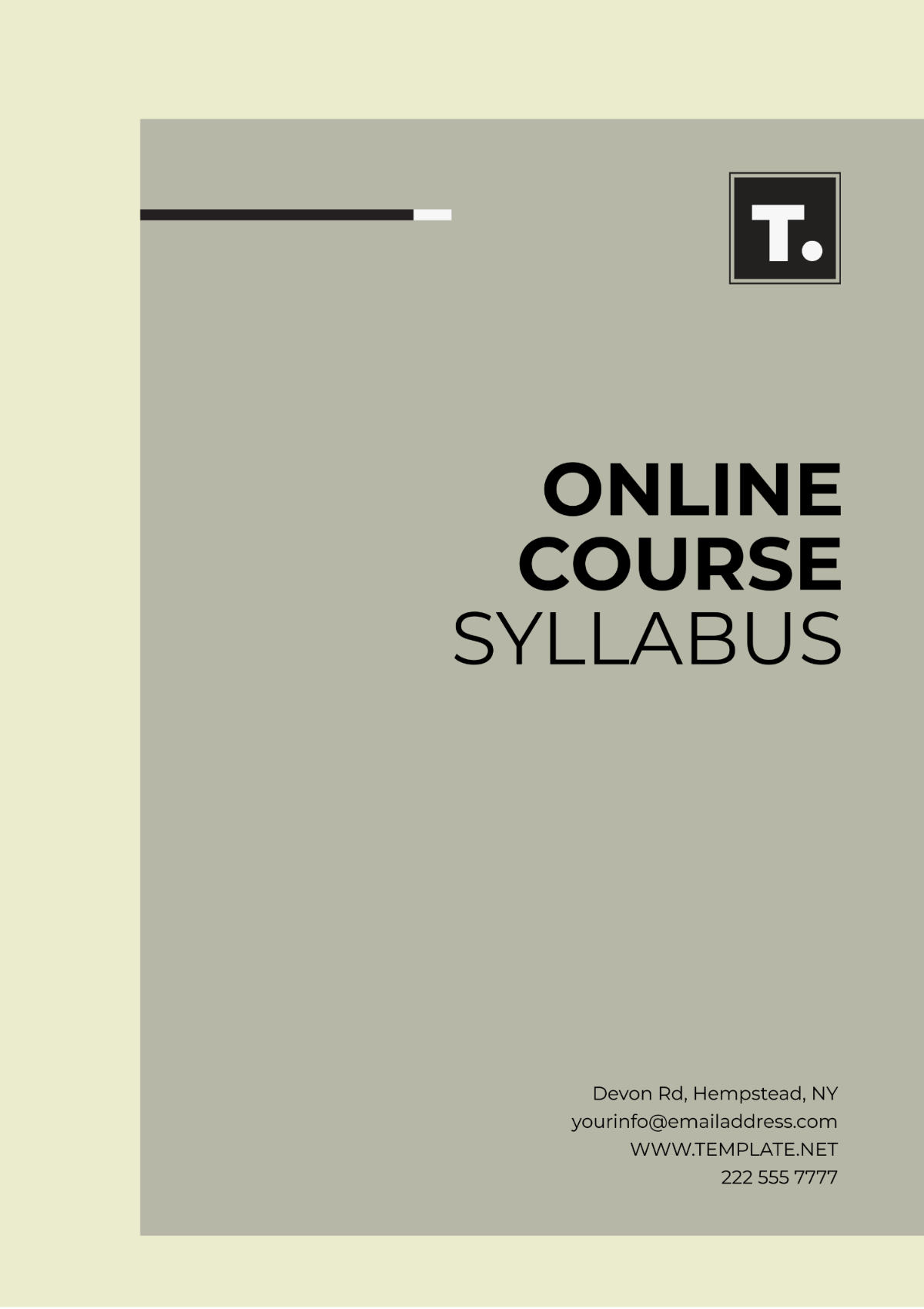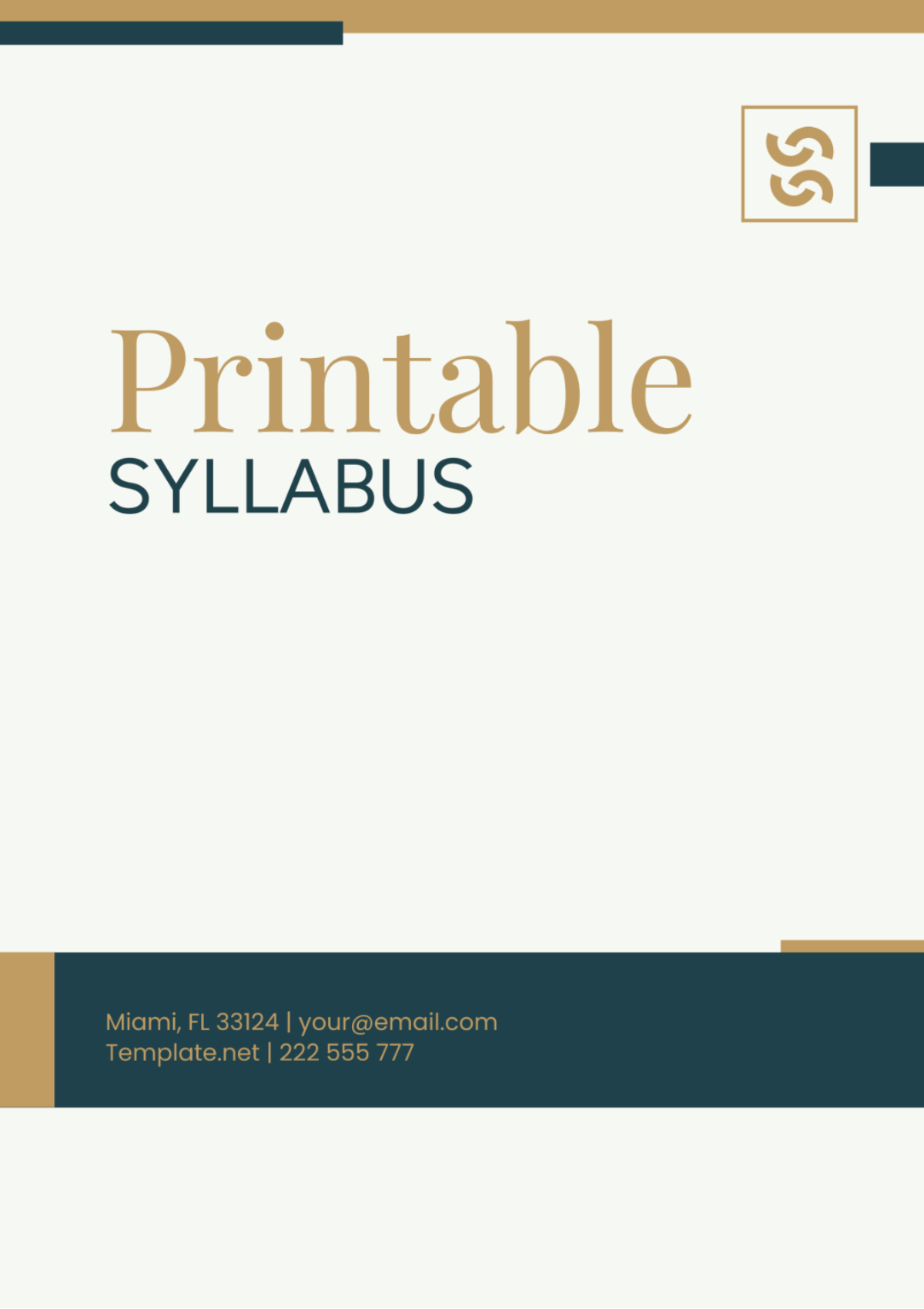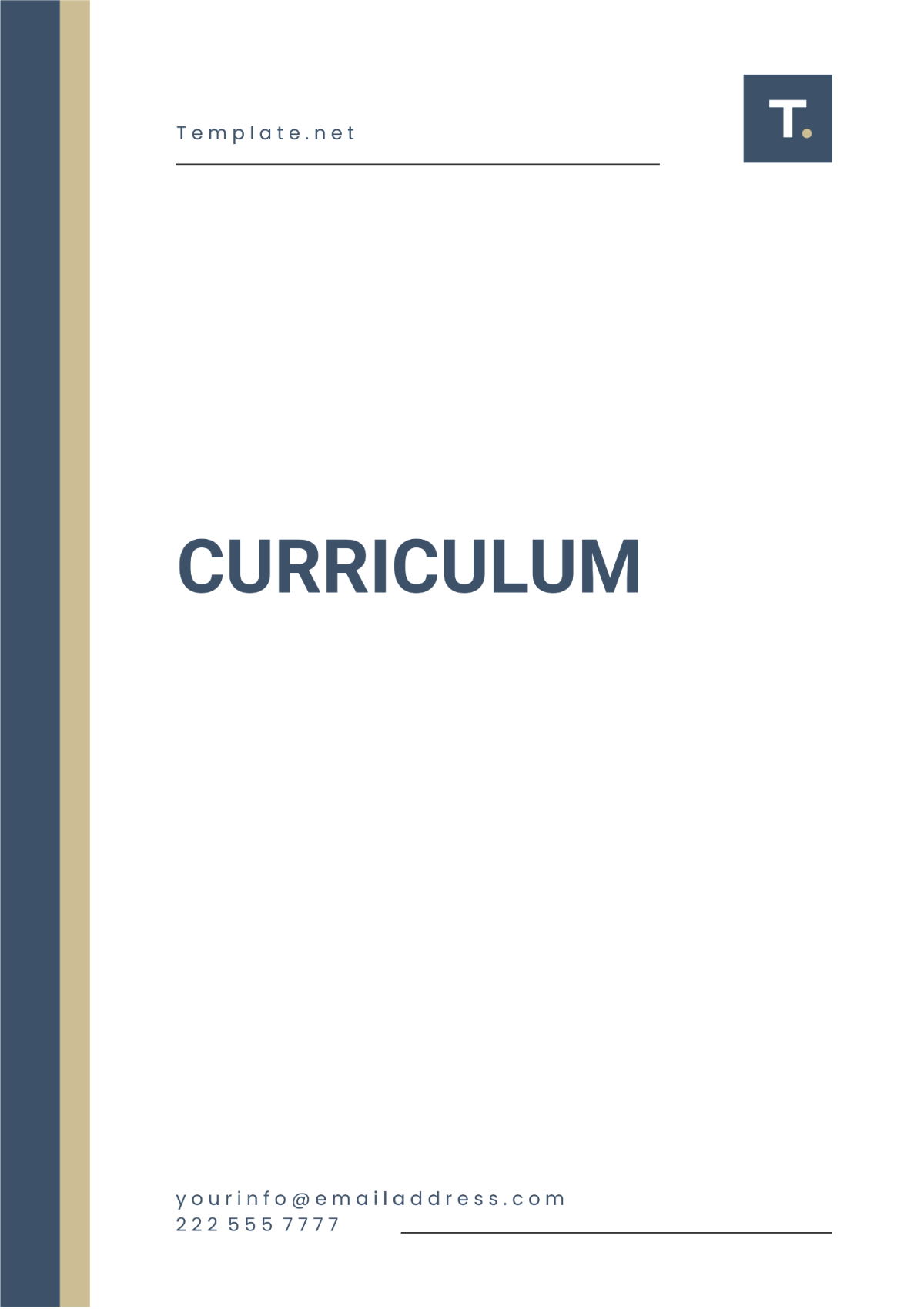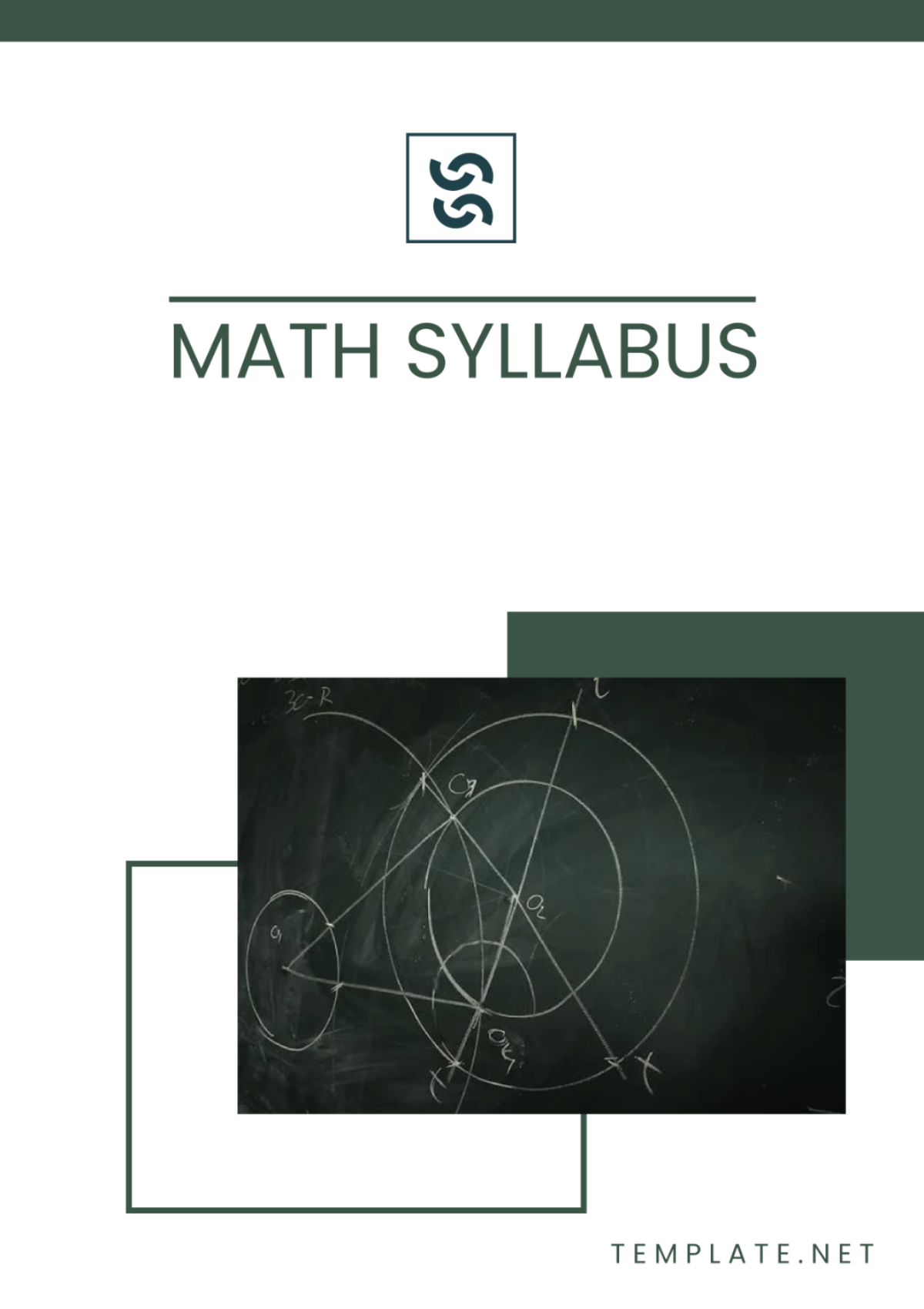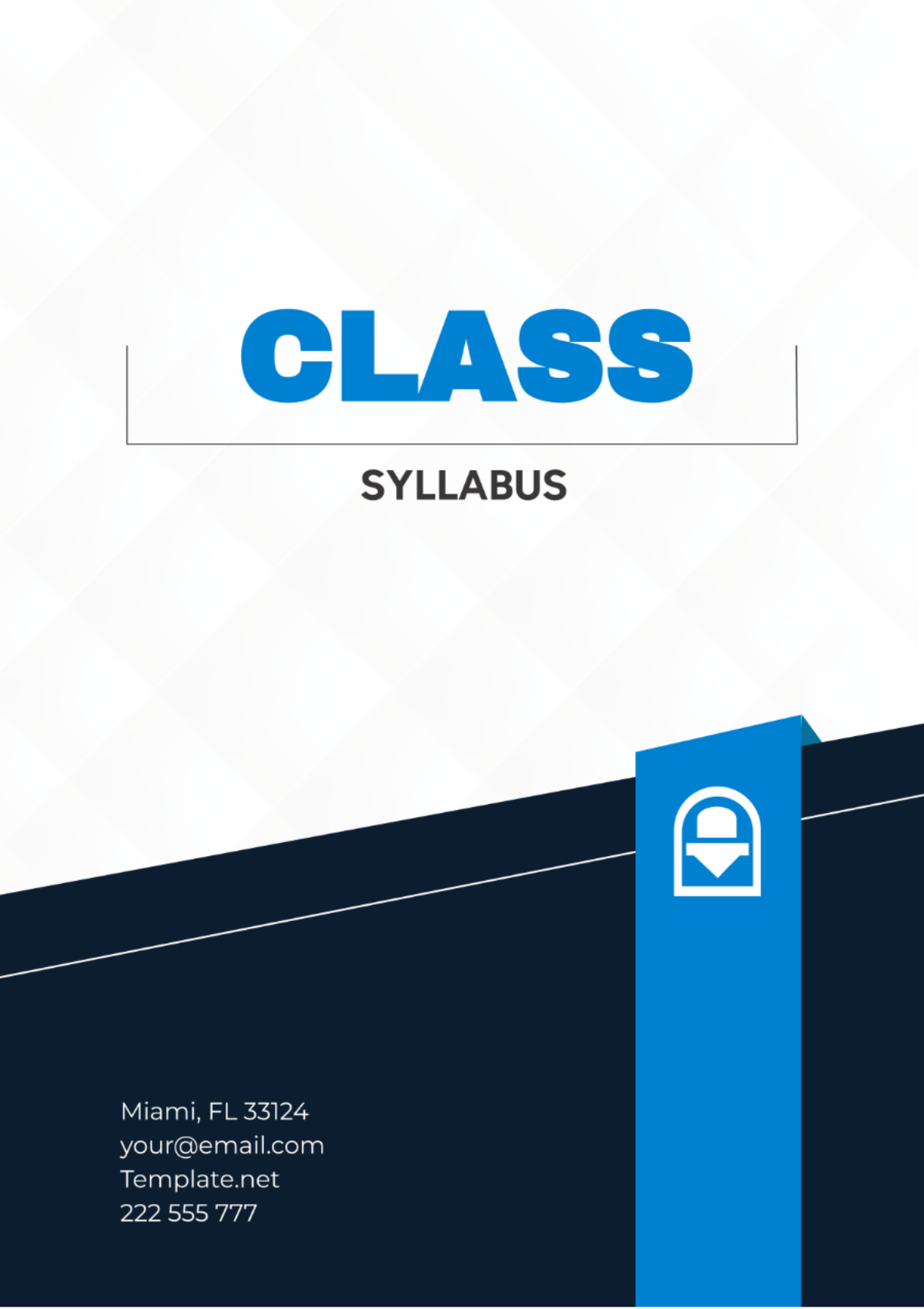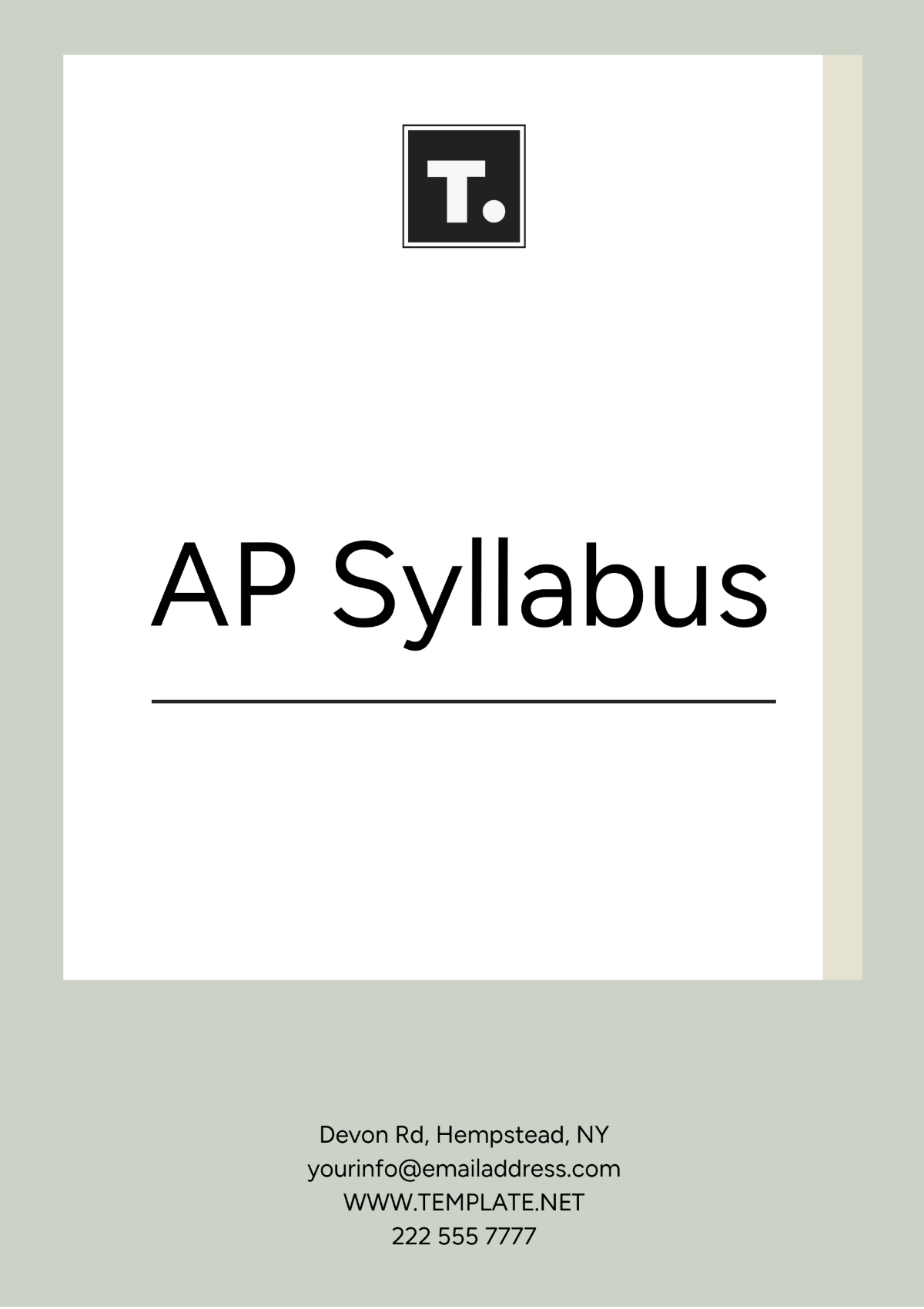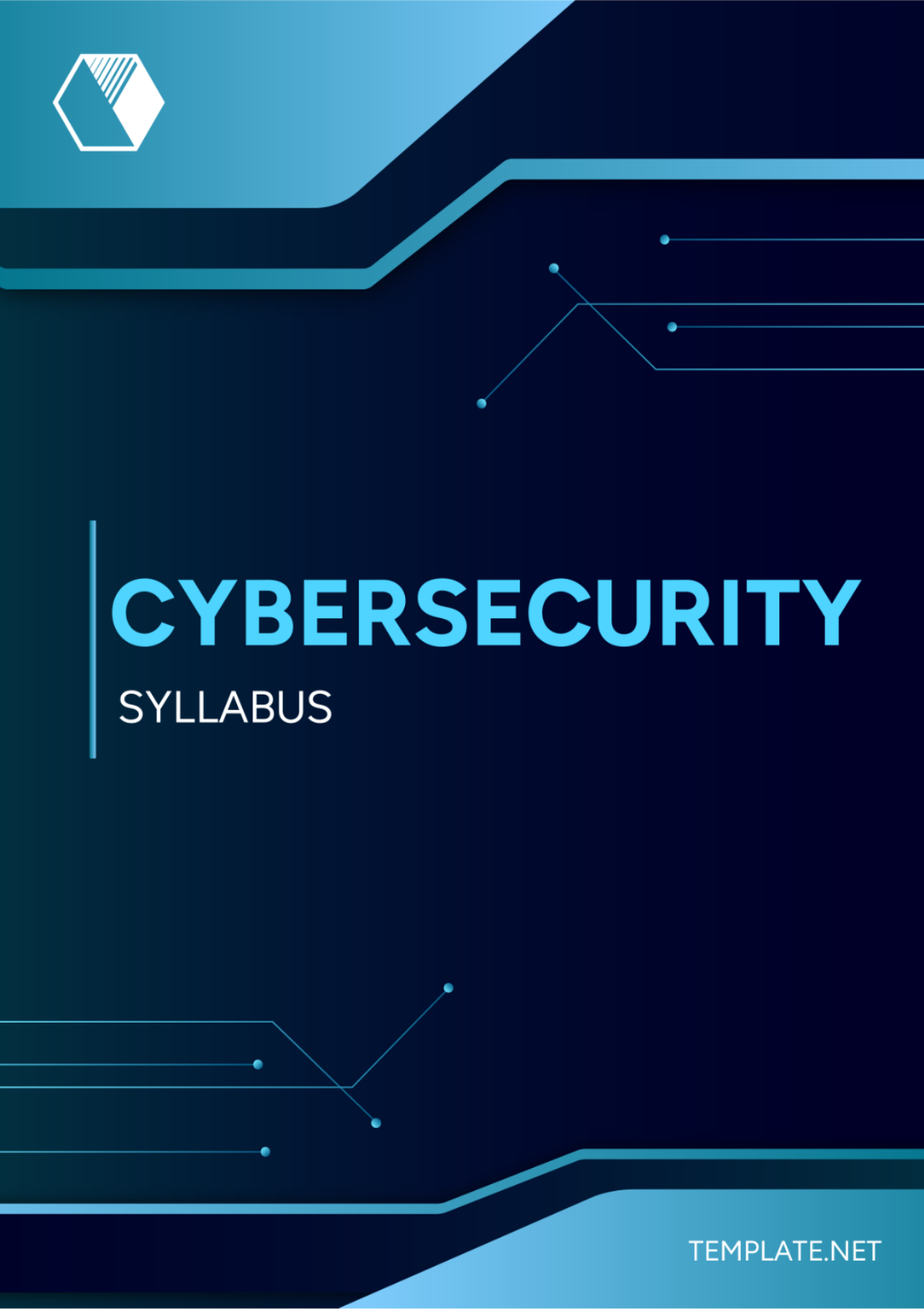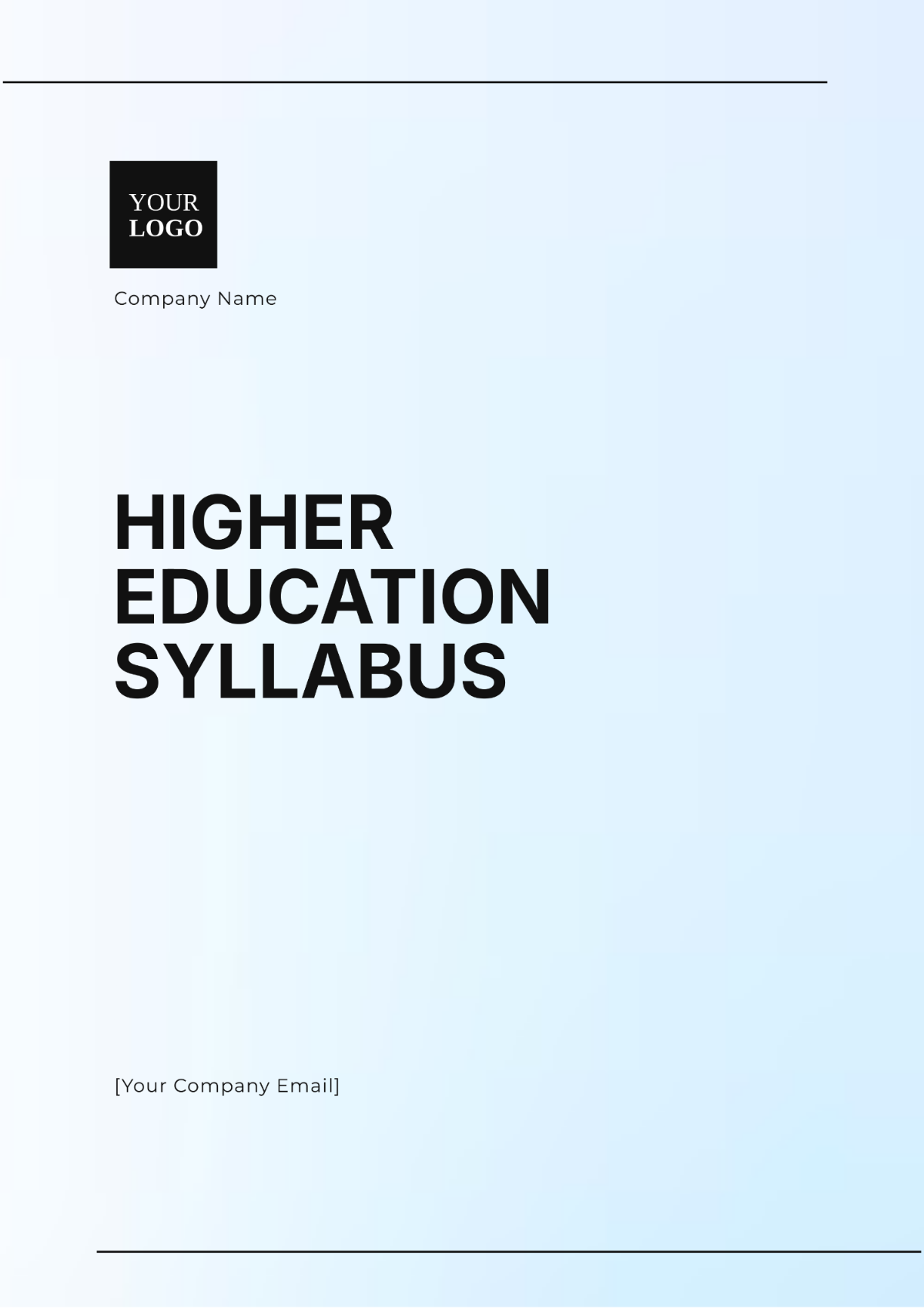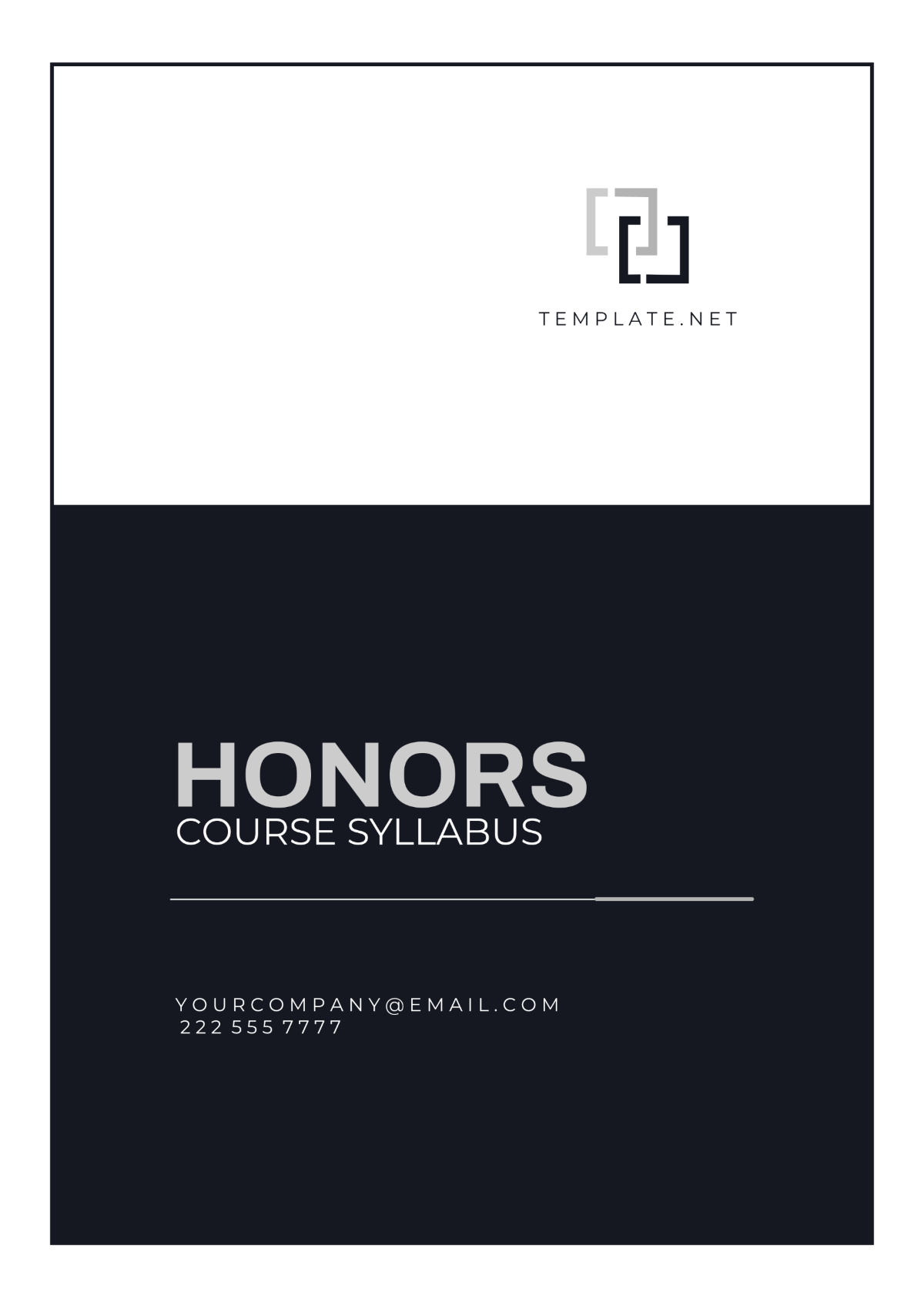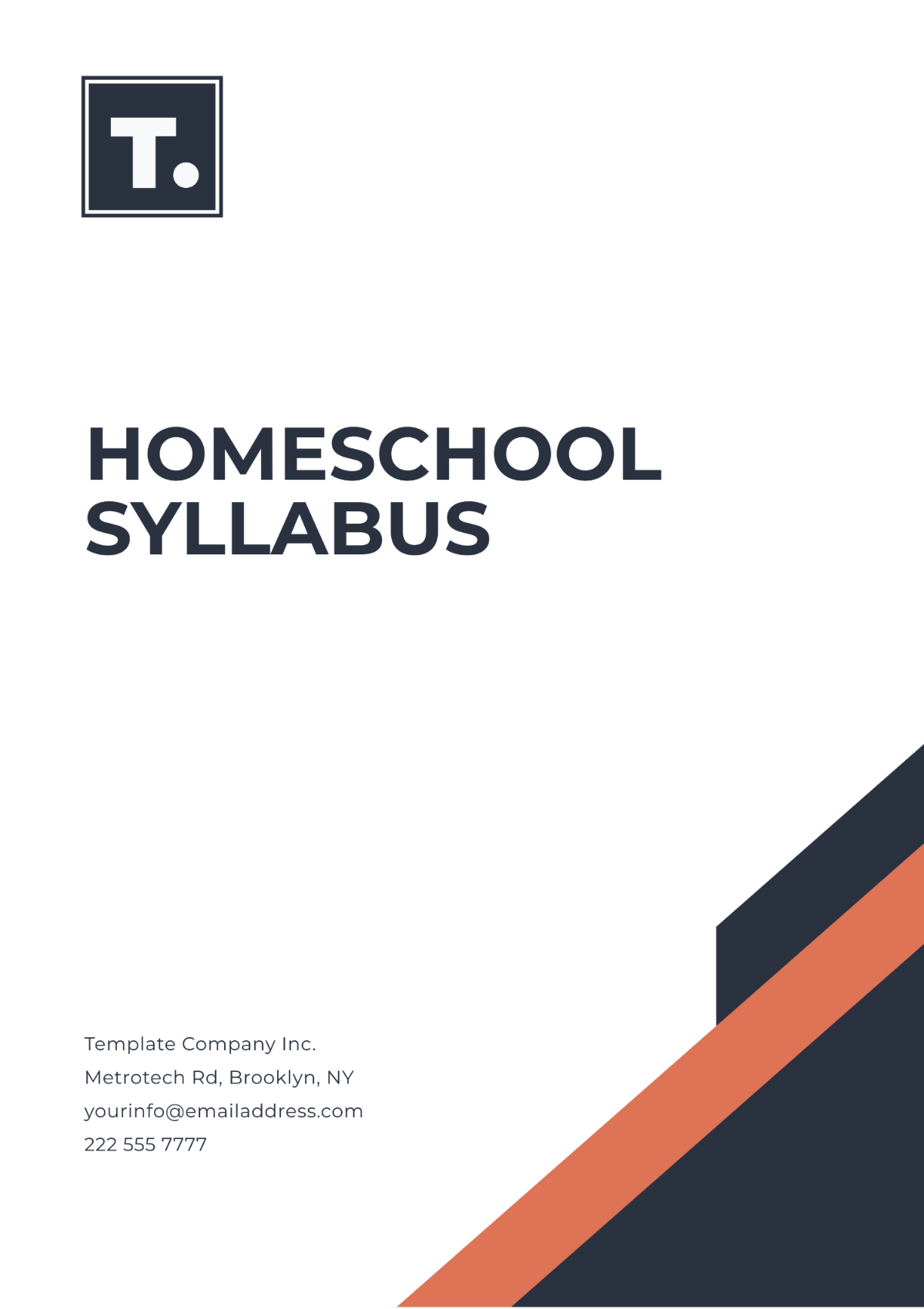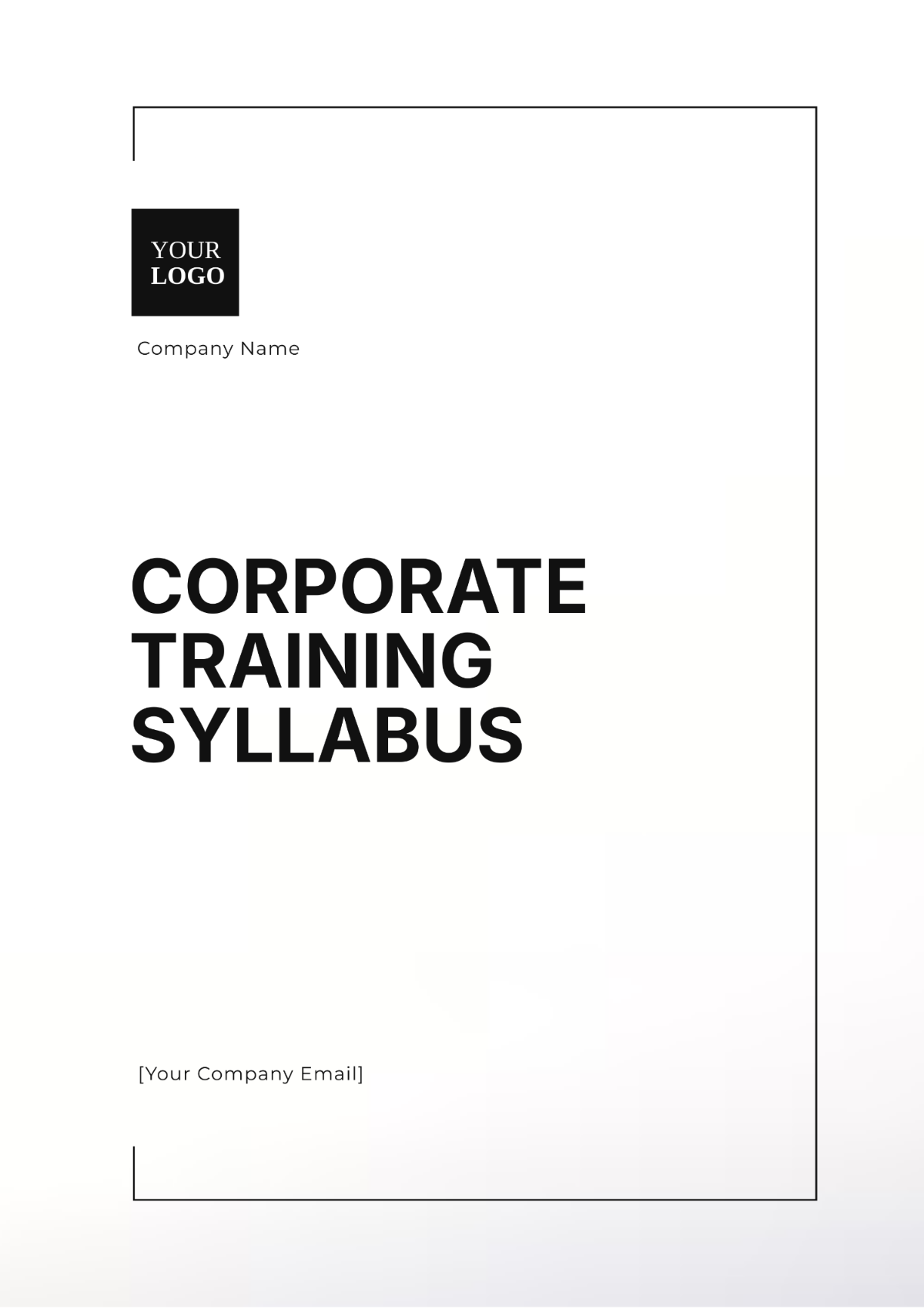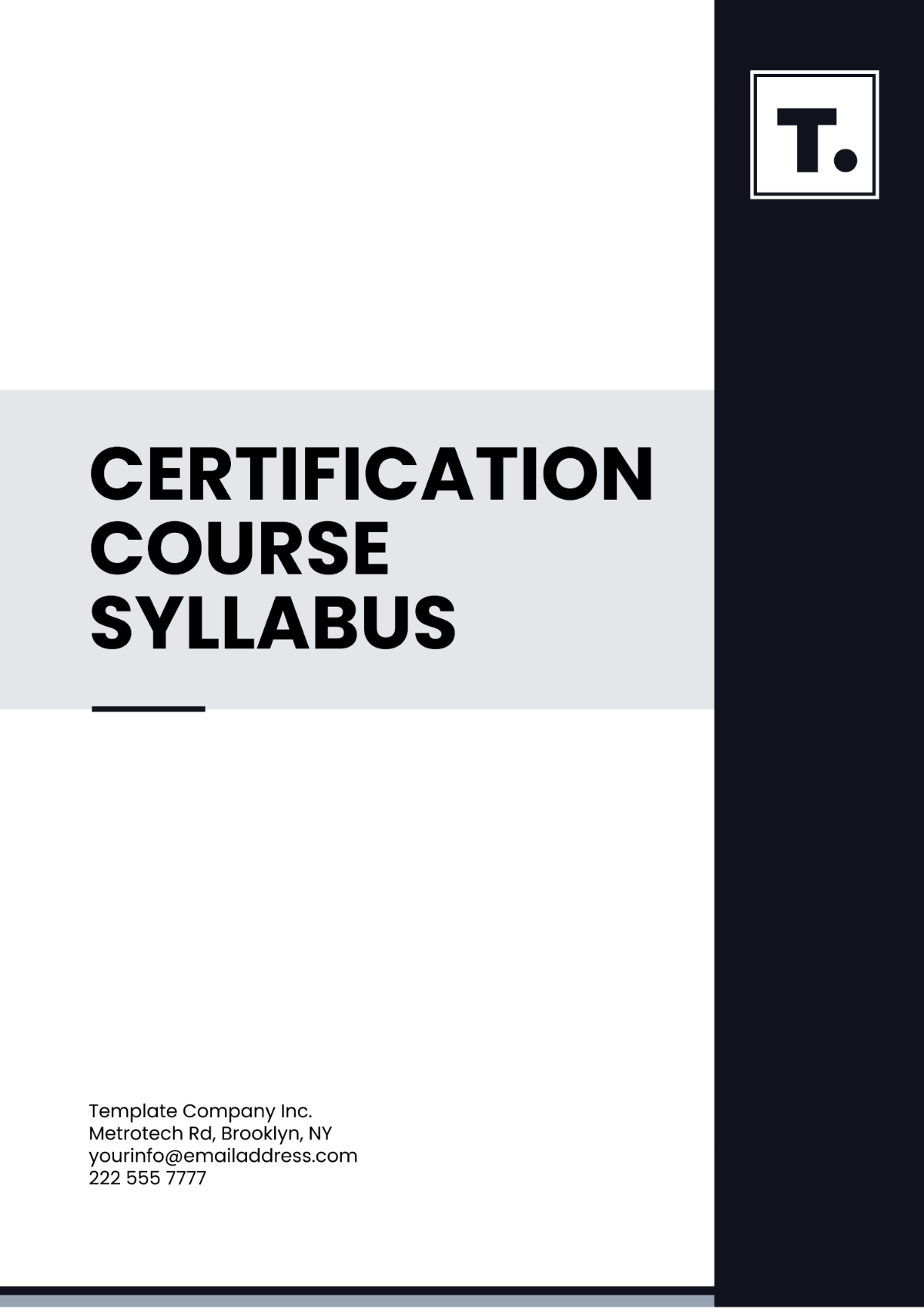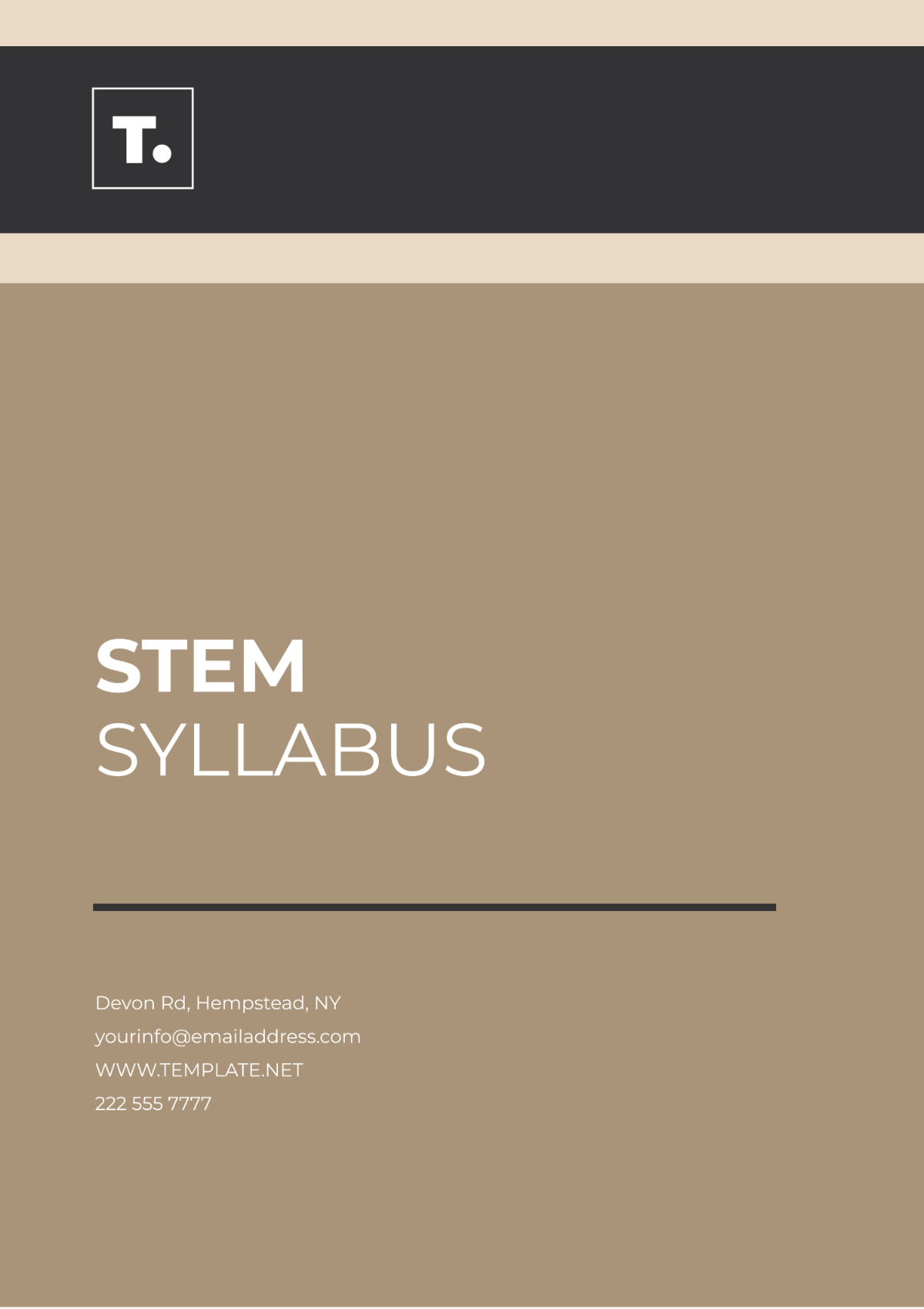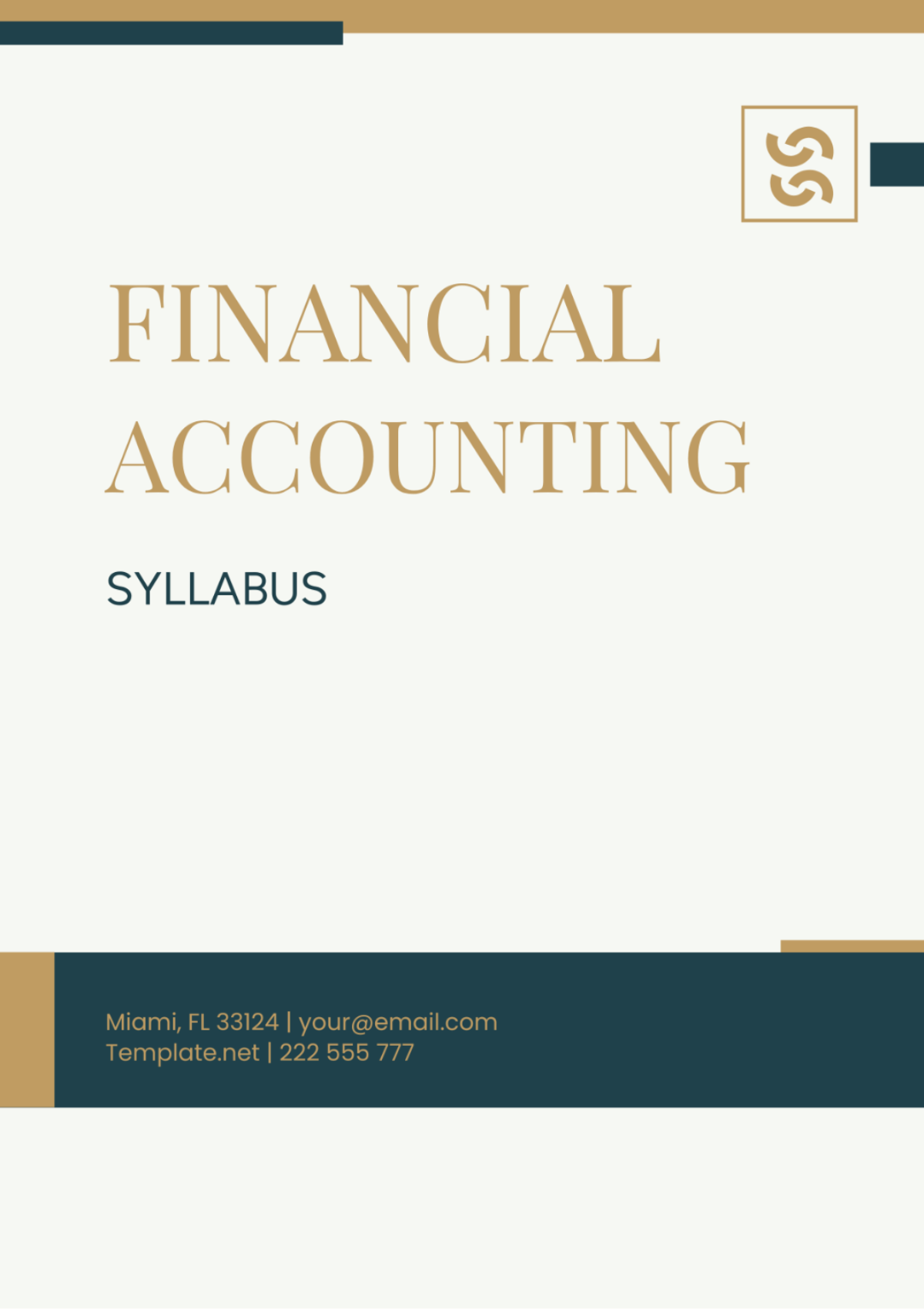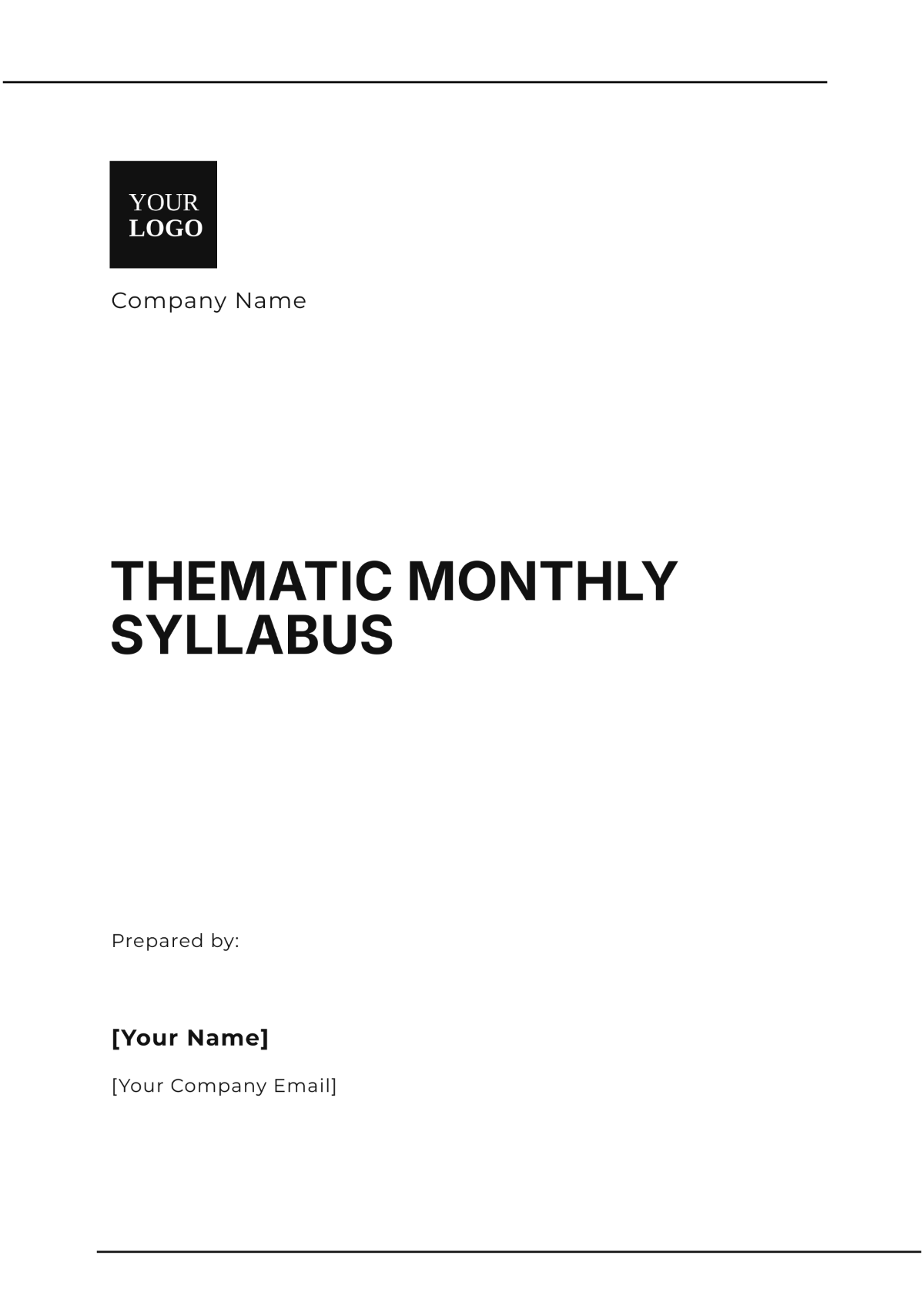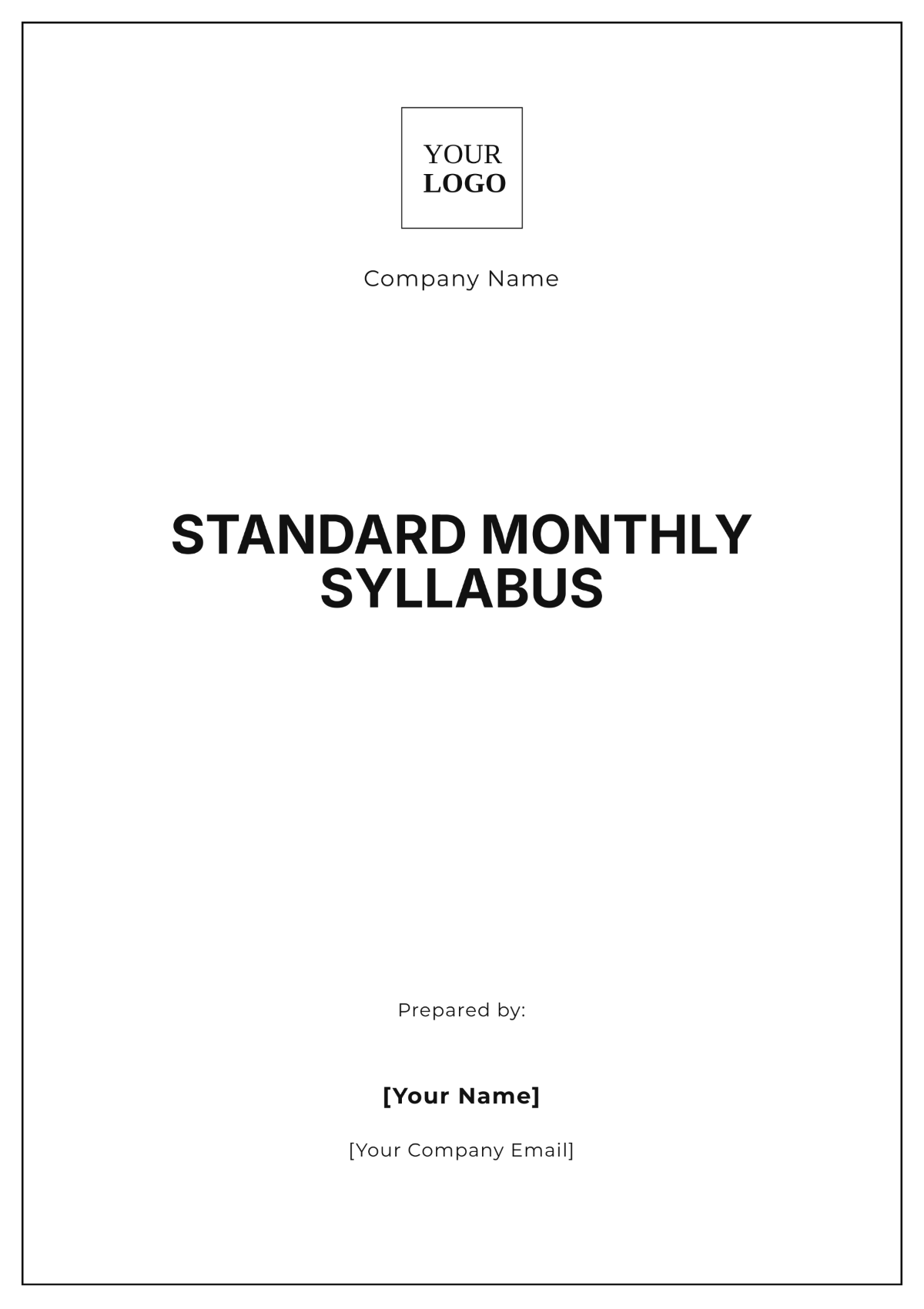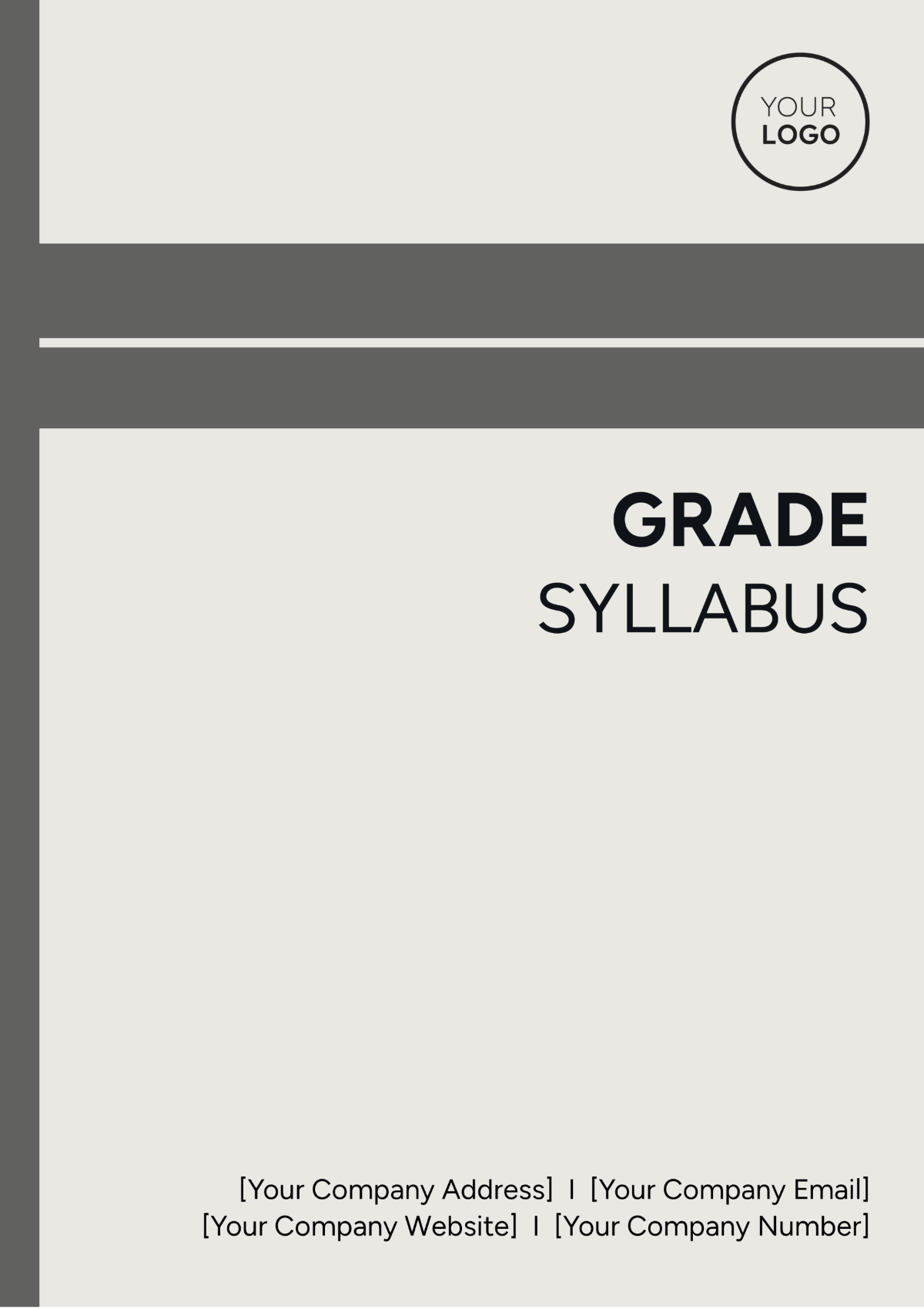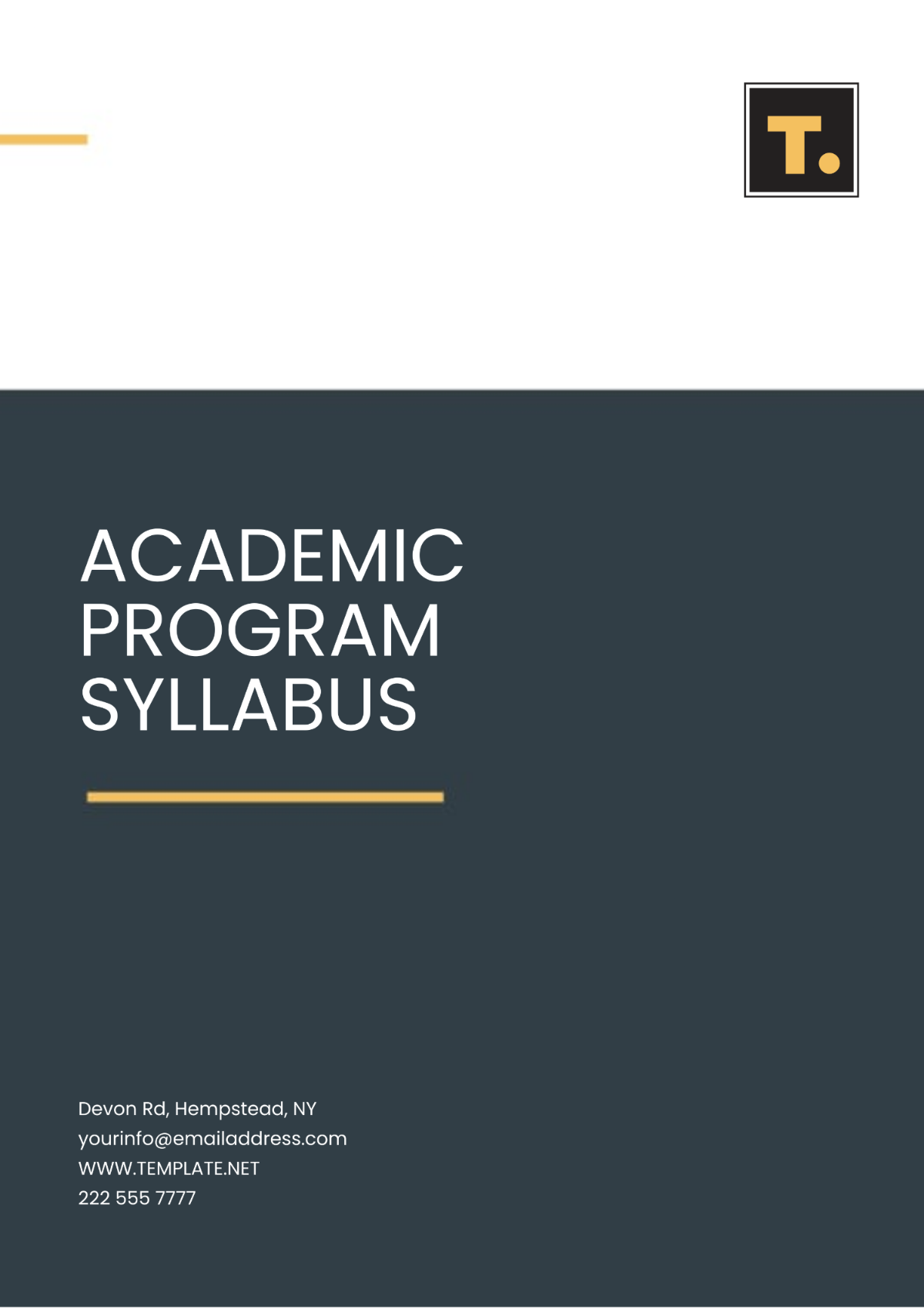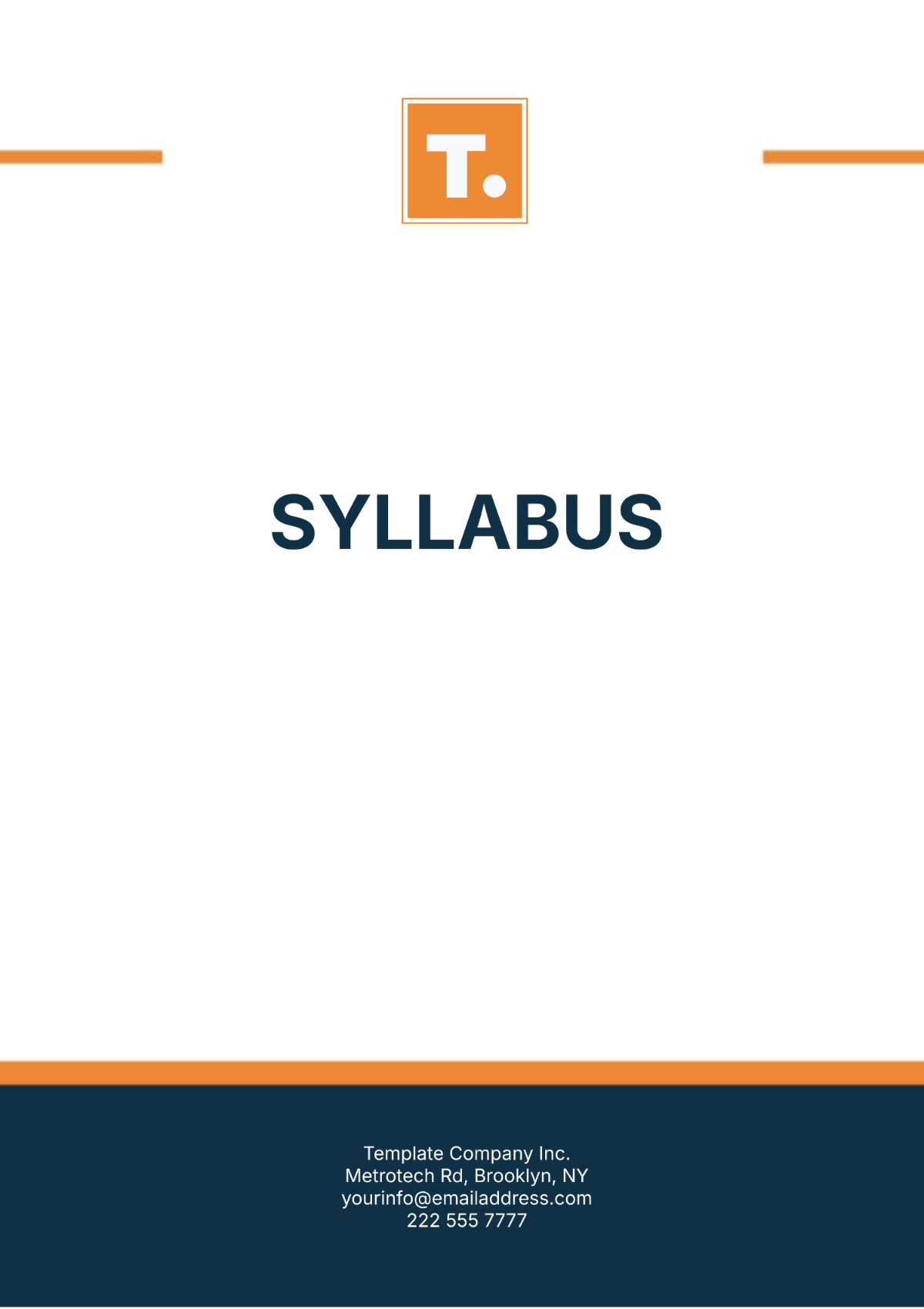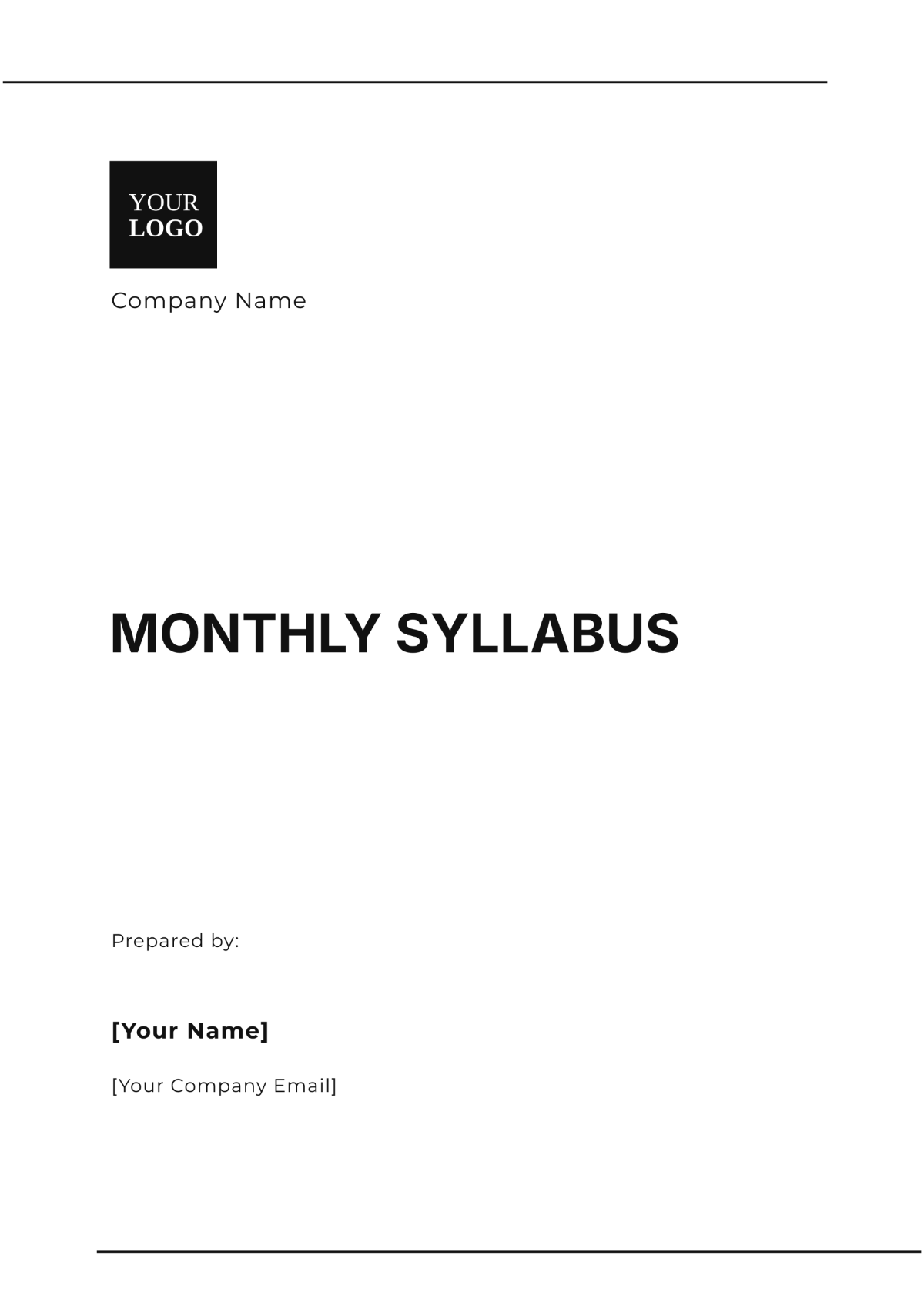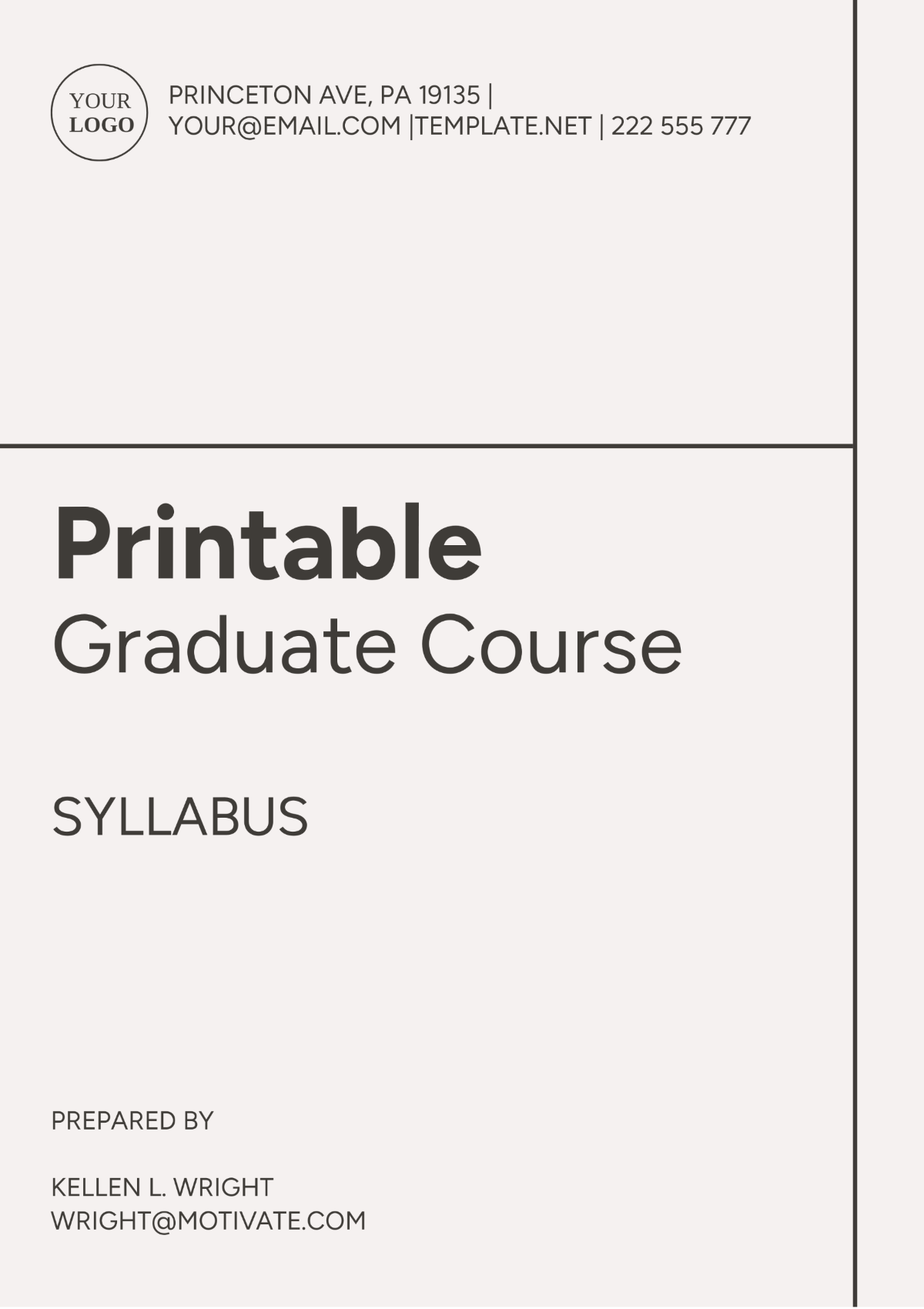Statistics Syllabus
Statistics Course
Course Title | [COURSE TITLE] |
Course Code | [COURSE CODE] |
Instructor Name | [YOUR NAME] |
[YOUR EMAIL] | |
Office Hours | [OFFICE HOURS] |
Class Location | [CLASS LOCATION] |
Class Time | [CLASS TIME] |
Class Duration | [DATE] - [DATE] |
1. Course Description
This syllabus pertains to the Introduction to Statistics course offered by [YOUR COMPANY NAME]. Under the instruction of [YOUR NAME], this course will equip students with the essential concepts and techniques of statistics, preparing them for further courses in their respective fields. This course will lay a healthy foundation of knowledge, enabling students to excel in data handling, analysis, and interpretation. It is designed to accommodate students from various backgrounds; hence, no prior knowledge of the subject is necessary.
2. Instructor Information
Instructor: [YOUR NAME]
Email: [YOUR EMAIL]
Office Hours: [OFFICE HOURS]
3. Learning Objectives
Understand fundamental statistical concepts, including measures of central tendency, variability, and probability distributions.
Apply statistical methods to analyze and interpret data effectively.
Develop critical thinking and problem-solving skills through real-world statistical applications.
Utilize statistical software and technology to conduct data analysis and visualization.
Communicate statistical findings clearly and effectively through written reports and presentations.
4. Course Schedule
Week | Topic | Activities |
|---|---|---|
1 | Introduction to Statistics | Lecture, Discussion |
2 | Descriptive Statistics | Data Collection Exercise |
3 | Probability | Problem-solving Sessions |
4 | Sampling Distributions | Case Studies |
5 | Estimation | Guest Speaker Presentation |
6 | Hypothesis Testing | Group Projects |
7 | Correlation and Regression | Data Analysis Lab |
8 | Analysis of Variance | Debate and Critical Analysis |
9 | Nonparametric Methods | Practical Applications |
10 | Review and Exam Preparation | Review Sessions |
11 | Midterm Exam | In-Class Examination |
12 | Statistical Software Applications | Hands-on Workshops |
13 | Data Visualization | Presentation Preparation |
14 | Final Project Presentations | Student Presentations |
5. Required Reading and Materials
"Statistics: Concepts and Applications" by David S. Moore and George P. McCabe
"The Art of Statistics: How to Learn from Data" by David Spiegelhalter
Statistical software (e.g., SPSS, R, Excel)
Graphing calculator
Access to online statistical resources and databases
6. Assignments and Assessments
Weekly homework assignments covering topics discussed in class.
Midterm examination assessing understanding of fundamental concepts.
Group projects analyzing real-world datasets and presenting findings.
Final project requiring data analysis, interpretation, and presentation.
Class participation and engagement in discussions and activities.
7. Course Policies
Attendance is expected for all class sessions. Absences must be communicated in advance.
Late submissions will be penalized unless prior arrangements are made.
Respectful behavior towards classmates and the instructor is mandatory.
Use of electronic devices for non-academic purposes is prohibited during class.
Adherence to academic integrity policies, including proper citation and original work submission.
8. Grading Policy
Assignment | Weight |
|---|---|
Homework Assignments | 20% |
Midterm Examination | 25% |
Group Projects | 20% |
Final Project | 25% |
Class Participation | 10% |
9. Additional Resources
Online tutorials and supplementary readings available on the course website.
Office hours for additional help and clarification on course material.
Peer tutoring and study groups organized through the university's academic support services.
10. Academic Integrity
It is anticipated that all students will uphold the utmost standards of academic honesty, refraining from any sort of cheating, plagiarism, or dishonest actions in every part of the course, including tasks, examinations, and discussions. Specifically, plagiarism is deemed a grave violation that could possibly lead to not only course failure but also disciplinary measures from the university. Comprehending and maintaining the values of scholarly integrity at all times are fundamental for students.
11. Communication Guidelines
Success in this course requires effective communication, chiefly through university-provided email. Emails should be professional, brief, purposeful, and expect a reply in 24-48 hours on weekdays. Use the course forum for course-related queries but avoid posting assignment/exam solutions to uphold academic integrity.
12. Course Evaluation
Upon semester's conclusion, students are invited to assess different elements of the course by participating in confidential assessments. These assessments are vital in evaluating how effective the course's layout, material, and teaching methods are. The insights from students will be thoroughly examined to improve the course's components for subsequent classes. Students are urged to offer thoughtful critique, emphasizing the positive points and perhaps, improvement areas, enabling consistent improvement in the educational journey.
Disclaimer
This syllabus template is provided for informational purposes only. It serves as a general framework and may require adjustments to suit specific course requirements, academic institutions, or instructional preferences. Instructors should review and modify the content as necessary to align with their course objectives, policies, and resources. The accuracy, completeness, and suitability of this template are not guaranteed, and users should exercise discretion and professional judgment when utilizing it for educational purposes.

